Contents
- OVERVIEW
- Womenswear
- Fashion Icon: Princess Diana
- Menswear
- Women’s Fashion in the 80s: Top 14 Decade-Defining Trends
- 1. 80s Workout Fashion
- SHOP THE LOOK
- 2. The Preppy Fashion
- SHOP THE LOOK
- 3. 80s Neon Trend
- SHOP THE LOOK
- 4. 80s Rockers
- SHOP THE LOOK
- 5. 80s Hip-Hop Fashion
- SHOP THE LOOK
- 6. 80s Punk Fashion
- SHOP THE LOOK
- 7. 80s Pop Fashion
- SHOP THE LOOK
- 8. 80s Goth Fashion
- SHOP THE LOOK
- 9. 80s Black Fashion
- SHOP THE LOOK
- 10. 80s Beach Fashion
- SHOP THE LOOK
- 11. Women’s Skater Fashion
- SHOP THE LOOK
- 12. 80s Mom Fashion
- SHOP THE LOOK
- 13. Sloane Ranger Fashion
- SHOP THE LOOK
- 14. Women’s Office Fashion
- SHOP THE LOOK
- Women’s 80s Fashion FAQs
- What Did Ladies Wear in the 80s?
- How to Dress Like The 80s Female?
- What Was Popular Fashion In The 80s?
- Conclusion
- Weekly Newsletter
- Now it’s your turn…
Women’s Fashion in the 80s: Top 14 Decade-Defining Trends
Which one of these women’s 80s fashion looks is your favorite and why?
OVERVIEW
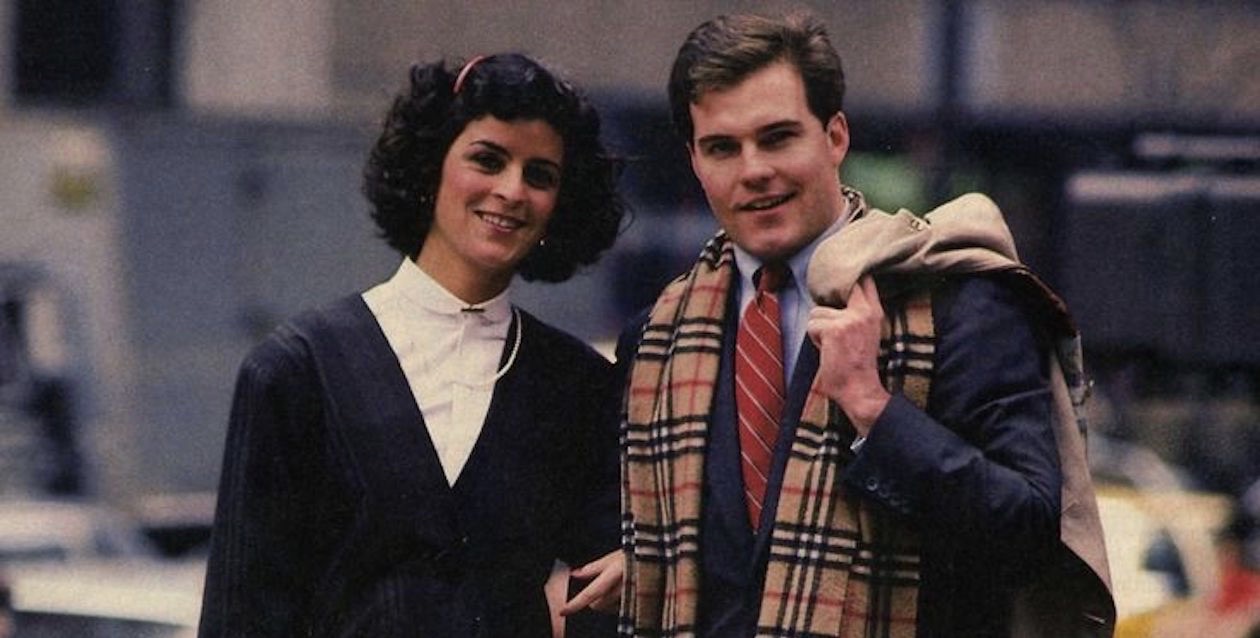

In the 1980s, bigger meant better across the board in fashion. From women’s shoulder pads to men’s power suits to bold colors and patterns for men, women and children, there was nothing understated about fashion in the eighties.
Womenswear
A decade typified by its “power dressing,” the 1980s actually opened with stylish sportswear and the soft “New Romantics” style. Carrying on from the late 1970s trend for sportswear and encouraged by a fitness craze, women increasingly wore stylish gym wear in their day-to-day life. This was captured in Jennifer Beals’ attire in the 1983 movie Flashdance (Fig. 1). Dance-wear inspired fashion including off-the-shoulder sweatshirts and leggings, while Jane Fonda’s exercise videos also encouraged these styles (Fig. 2).
Norma Kamali continued to produce fashionable sportswear using comfortable materials such as jersey. Meanwhile designers such as Donna Karan and Azzedine Alaïa moved to using stretchy fabrics such as Lycra for body-conforming clothing. Editor Kathryn Hennessy notes how this produced a significant shift how fashion was worn in Fashion: The Ultimate Book of Fashion and Style: “Women’s bodies were now shaping the clothes, rather than clothes shaping the body” (388). The dresses by Donna Karan and Azzedine Alaia (Figs. 3-4) show how dresses conformed to the body while the ensemble by Versace (Fig. 5) is an example of how sportswear made its way into high fashion. The ensemble features a popular piece from the eighties: a bodysuit.
In the early 1980s, the romantic style typified by the prairie dresses of the 1970s continued. Princess Diana’s fairy-tale wedding dress by David and Elizabeth Emanuel exemplified this trend [see “Fashion Icon” section below]. Puffed sleeves, oversized accessories such as belts and bows, and historical references made bold statements. Vivienne Westwood gave this look an edge with her Pirate Collection in 1981 (Fig. 6) and was adopted by bands and club-goers in London as the “New Romantic” look (Hennessy 390).
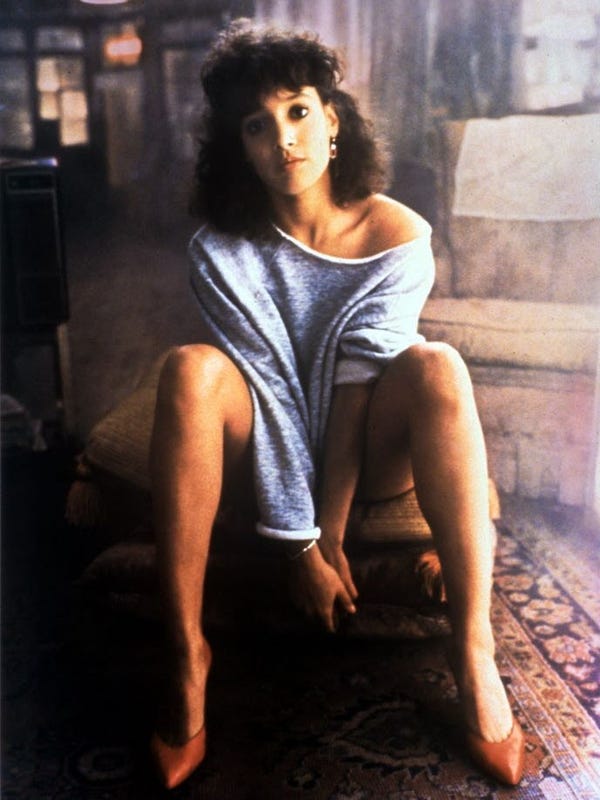
Fig. 1 – Photographer unknown. Jennifer Beals in Flashdance, 1983. Source: USA Today
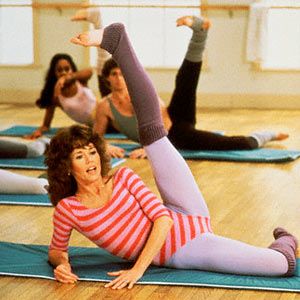
Fig. 2 – Photographer unknown. Getting Physical, 1980s. Source: Pinterest
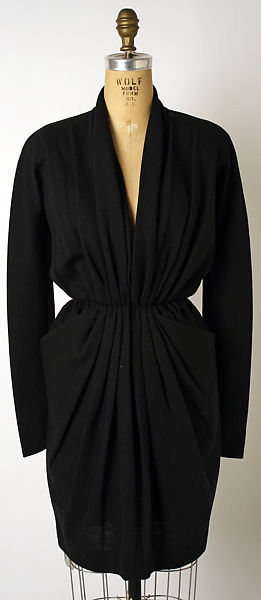
Fig. 3 – Donna Karan (American, 1948-). Dress, 1987. Wool. New York: The Metropolitan Museum of Art, 1992.258.1. Gift of Donna Karan Co., 1992. Source: The Metropolitan Museum of Art
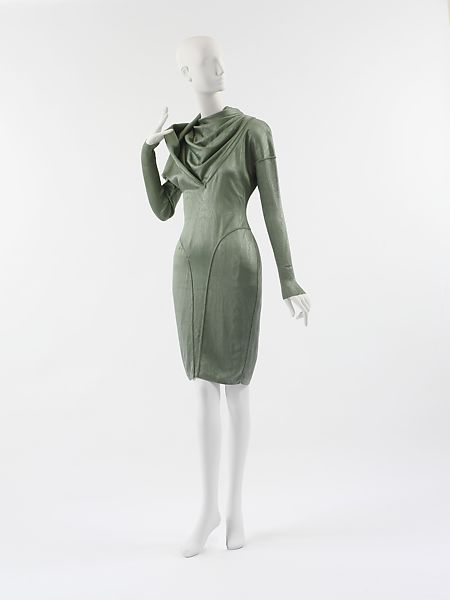
Fig. 4 – Azzedine Alaïa (French, 1935–2017). Dress, Fall/Winter 1986-87. Synthetics. New York: The Metropolitan Museum of Art, 2007.82. Millia Davenport and Zipporah Fleisher Fund, 2007. Source: The Metropolitan Museum of Art
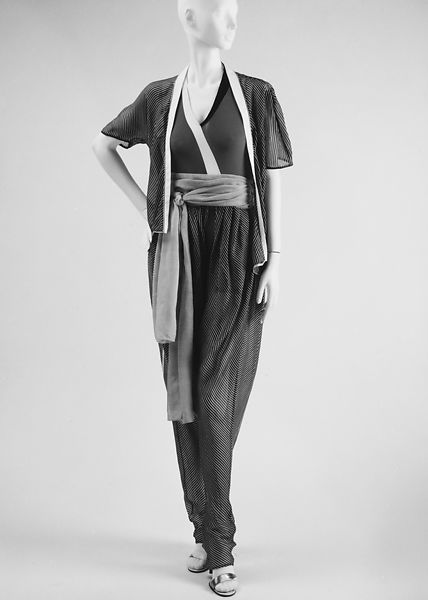
Fig. 5 – Gianni Versace (Italian, 1946–1997). Ensemble, Spring/Summer 1980. Silk, cotton, polyester, jersey, leather. New York: The Metropolitan Museum of Art, 1980.399.2a–f. Gift of Gianni Versace, 1980. Source: The Metropolitan Museum of Art
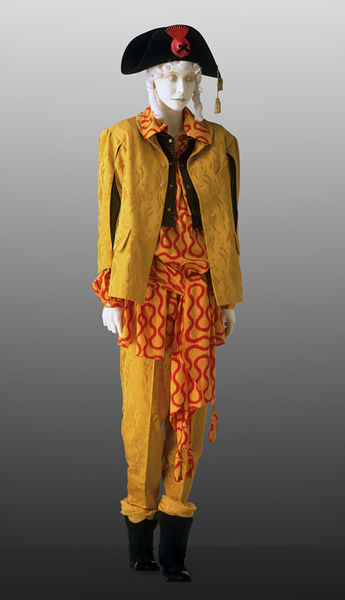
Fig. 6 – Vivienne Westwood (British, 1941-). Pirate Collection, Fall-Winter 1981-82. Figured cotton and rayon ensemble, with printed plain weave cotton shirt and sash, muslin stockings, and hat of stiffened felt trimmed with leather and braid. London: Victoria & Albert Museum, T.334 to I-1982. Given by the designer. Source: V&A
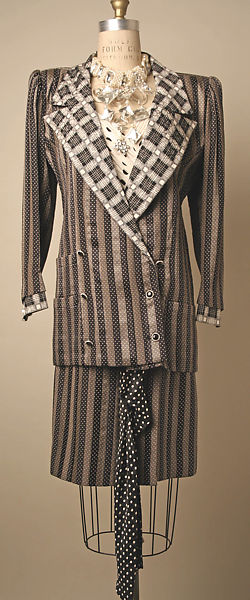
Fig. 7 – Emanuel Ungaro (French, 1933-). Ensemble, Spring/Summer 1985. Silk, plastic, glass, metal. New York: The Metropolitan Museum of Art, 1989.333.22a–f. Gift of Anne H. Bass, 1989. Source: The Metropolitan Museum of Art
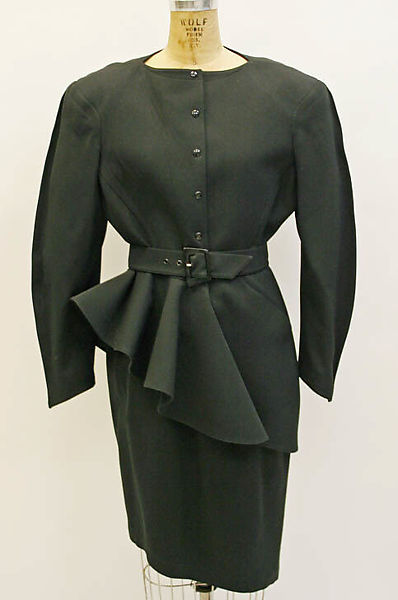
Fig. 8 – Thierry Mugler (French, 1948-). Suit, 1986. Wool. New York: The Metropolitan Museum of Art, 1999.56.3a–c. Gift of Mr. and Mrs. Michael Lewis, 1999. Source: The Metropolitan Museum of Art
As the decade progressed, so-called “power dressing” began to dominate. This reflected a shift in women working in high-powered positions and using fashion to be taken seriously. Padded shoulders and bold accessories made up this look; a typical patterned look is seen in the suit by Emanuel Ungaro (Fig. 7). Hennessy writes,
“As more women entered traditionally male-oriented work environments, they found it advantageous to dress as though they were in command, and sure of their sexuality. This meant jackets with heavily padded shoulders, vibrant colours, big hair-dos, bold accessories, and shoes with pointed toes and spiked heels.” (396)
As part of this move towards bold dressing it was important to be seen wearing designer clothes. These designers embraced the power suits and added their own twist. Thierry Mugler’s wide-shouldered suit made a slight alteration to the popular peplum look (Fig. 8). However, designer personalities also became a focal point of fashion in the early 1980s as each designer promoted a signature style (Hennessy 392). Some of these personality-driven brands included Christian Lacroix, Gianni Versace, Jean Paul Gaultier and Karl Lagerfeld for Chanel.
The latter took over the storied fashion house of Chanel in 1983. Lagerfeld was hired to increase sales and within a year, Chanel was one of the most fashionable brands again. Of Lagerfeld’s beginning at Chanel, Amy de la Haye and Andrew Tucker write in Costume and Fashion: A Concise History,
“Lagerfeld’s brief was to increase sales by attracting a new, youthful market, while retaining the loyalty of Chanel’s traditional customers. From the outset he exploited Chanel’s signature designs, sometimes paying homage to her classic styles and at other times parodying them without mercy. Within a year the House of Chanel was once again in the forefront of fashion.” (Laver 273-274)
In his first year, he made a leather jacket with the signature Chanel gold buttons and square breast pockets (Fig. 9). Later in the decade, he designed a typical black dress with cream trim in a thoroughly modern silhouette (Fig. 10). Christian Lacroix, who had opened his couture house in 1975, also expertly tapped into the fashion market and created extravagant, over-the-top clothing for a wealthy clientele (Laver 280). Inspired by historical dress and craftsmanship, his designs displayed the signatures of 1980s such as big skirts (Fig. 11) and balloon sleeves. He launched a ready-to-wear line in 1988.
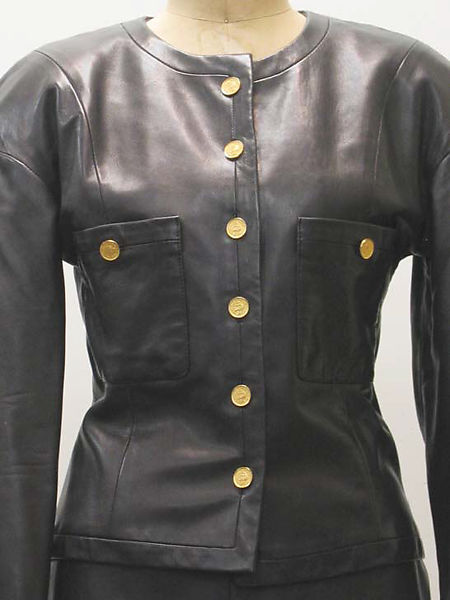
Fig. 9 – Karl Lagerfeld for the House of Chanel (French, 1933–2019). Evening Ensemble, 1983. Leather, metal, synthetic. New York: The Metropolitan Museum of Art, 2006.77.1a, b. Gift of Mary Bernet Kavanagh, 2006. Source: The Metropolitan Museum of Art
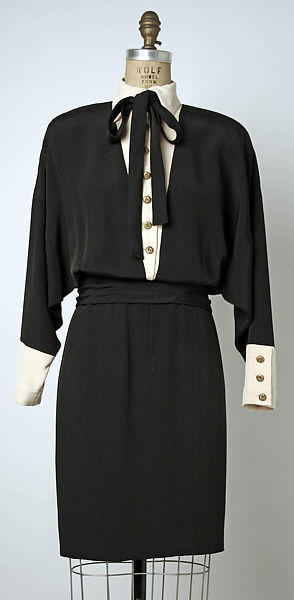
Fig. 10 – Karl Lagerfeld for the House of Chanel (French, 1933–2019). Dress, Spring/Summer 1985. Silk. The Metropolitan Museum of Art, 1989.333.4a–c. Gift of Anne H. Bass, 1989. Source: The Metropolitan Museum of Art
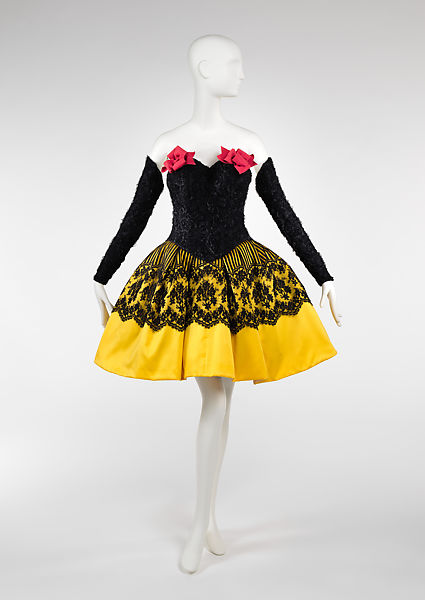
Fig. 11 – Christian Lacroix (French, 1951-). Dress, 1980s. Silk, cotton. New York: The Metropolitan Museum of Art, L.2019.43.13a–c. Promised Gift of Sandy Schreier. Source: The Metropolitan Museum of Art
Though the dominant trend of the 1980s was bigger is better, taffeta and bright colors, other designers emerged and created their own styles. For daywear, American designers such as Perry Ellis and Ralph Lauren turned to classic styles menswear styles such as blazers, button downs and hand-knit sweaters to create casually elegant womenswear (Figs. 12-13). These styles came to represent casual American style and were adopted as a “preppy” style in the US (“preppy” referencing the elite preparatory schools attended by wealthy teens).
The style was influenced by traditional Ivy League and Seven Sisters style, as well as the dress of early twentieth-century British aristocrats (Laver 276). In her book Seven Sisters Style, Rebecca C. Tuite writes, “Lauren’s interpretation of the collegiate look was never a costume or a disguise; it was an understated appreciation of good, classic style” (104). The plaid Perry Ellis suit (Fig. 14) pays homage to late 1940s and early 1950s collegiate style. Tuite continues to note that the look was interpreted in many ways throughout the decade: “The preppy fashions of the 1980s ranged from understated and classic to gaudy and ironic” (107).
On the other side of the world, a shocking new type of fashion emerged from Japan. De la Haye and Tucker write, “The clothes of innovative Japanese designers, who continued to show in Paris, offered a stark and often startling alternative to Western styles” (Laver 277). Designers such as Comme des Garçons’ Rei Kawakubo and Yohji Yamamoto employed deconstruction, exaggerated proportions and to transform how clothing interacted with the body (Hennessey 400, Fig. 13). This resulted in shocking styles that differed from the typical styles of the decade. Their predominant use of black would continue into the early 1990s as the power dressing of the eighties began to evolve towards the minimalism of the subsequent decade.
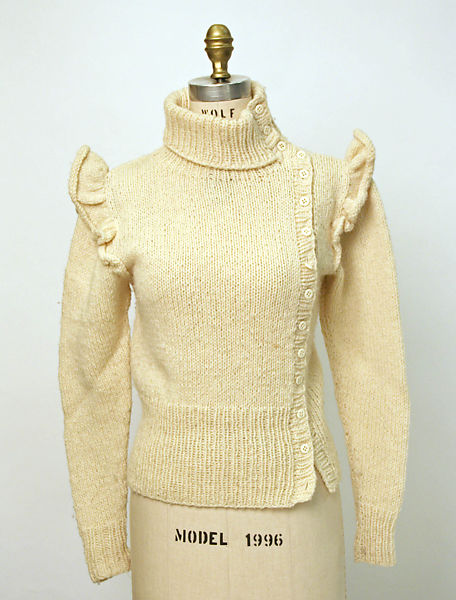
Fig. 12 – Perry Ellis Sportswear Inc. (American, 1940–1986). Ensemble, Fall/Winter 1981-82. Wool. New York: The Metropolitan Museum of Art, 1996.61.2a, b. Gift of Roz Gerten Jacobs, 1996. Source: The Metropolitan Museum of Art
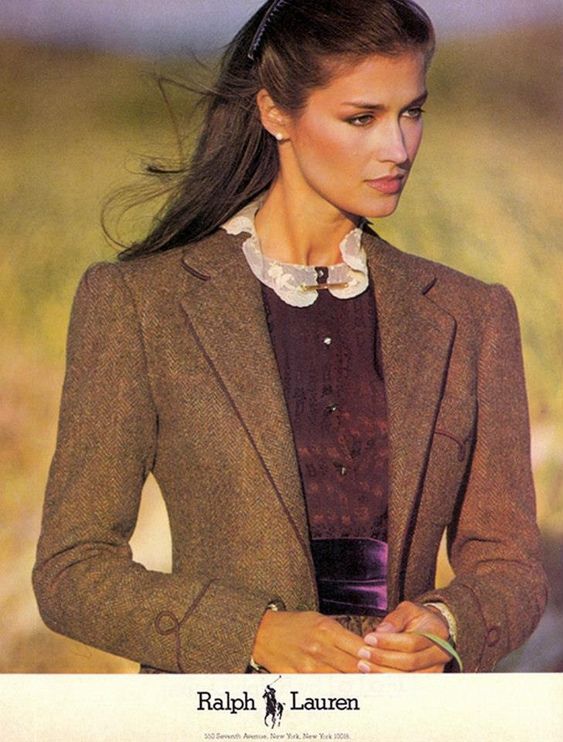
Fig. 13 – Ralph Lauren (American, 1939-). The Best of Ralph Lauren Ads, 1980s. Source: Pinterest
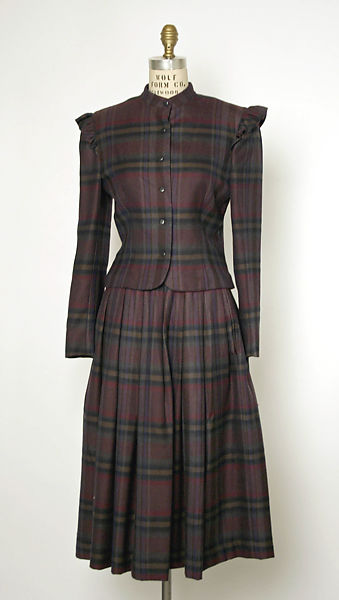
Fig. 14 – Perry Ellis Sportswear Inc. (American, 1940–1986). Suit, Fall/Winter 1981-82. Wool. New York: The Metropolitan Museum of Art, 1996.61.4a, b. Gift of Roz Gerten Jacobs, 1996. Source: The Metropolitan Museum of Art
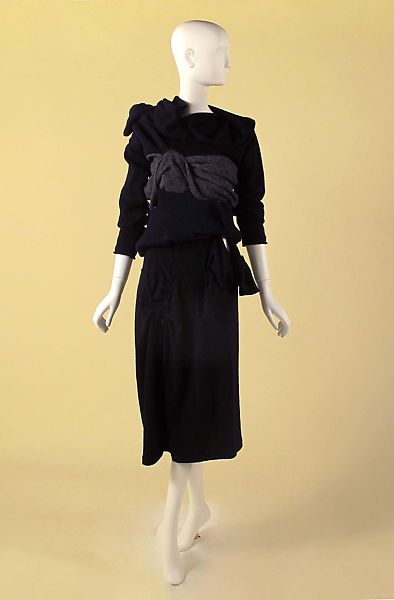
Fig. 15 – Comme des Garçons (Japanese, 1942-). Ensemble, 1983–84. Wool. New York: The Metropolitan Museum of Art, 2016.547a, b. Purchase, Friends of The Costume Institute Gifts, 2016. Source: The Metropolitan Museum of Art
Fashion Icon: Princess Diana
O ne of the most enduring icons of eighties style is Princess Diana, the young woman who famously married into the British royal family in July 1981 (Fig. 1). The world instantly embraced the new princess and her style reflected popular trends throughout the decade.
Before getting married, Diana was considered a “Sloane Ranger,” the UK’s answer to the preppy look and so-named for the affluent central London Sloane Square address many of them lived near. Pearls, pie-crust blouses, flowery Laura Ashley skirts and patent pumps were in her arsenal during this time. In her first portrait for British Vogue (Fig. 2), she wore a soft pink blouse with a frilly collar by David and Elizabeth Emanuel that typified the early eighties romantic look.
Her wedding dress by David and Elizabeth Emanuel is, of course, one of the most enduring fashion moments of the 1980s (Fig. 1). In Diana, Her Life in Fashion, Georgina Howell notes that this gown foreshadowed Diana’s fashion influence:
“In a postscript that presaged Diana’s future power over the fashion industry, bridal manufacturers applied themselves to duplicating the dress in record time. Within five hours of the wedding there were already two copies of the dress in Oxford Street stores.” (40)
With its giant puffed sleeves and a 25-foot train and ample bows and lace, the gown became the epitome of eighties wedding style.
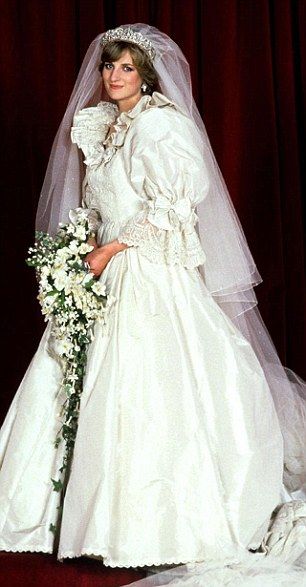
Fig. 1 – Photographer unknown. Elizabeth Emanuel’s Scrapbook from Diana and Charles’ Wedding, July 1981. Source: Pinterest
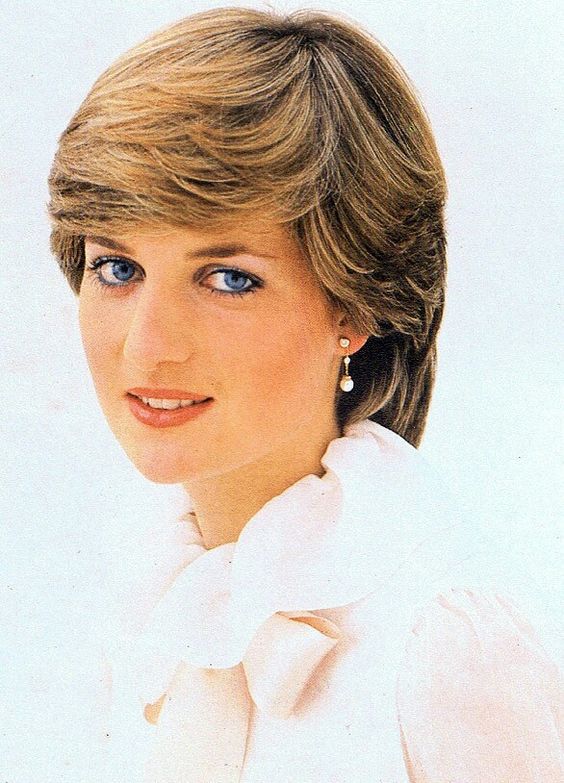
Fig. 2 – 1st Earl of Snowdon Antony Charles Robert Armstrong Jones (British, 1930-2017). Engagement portrait, published in Vogue, February 1981. Source: Pinterest
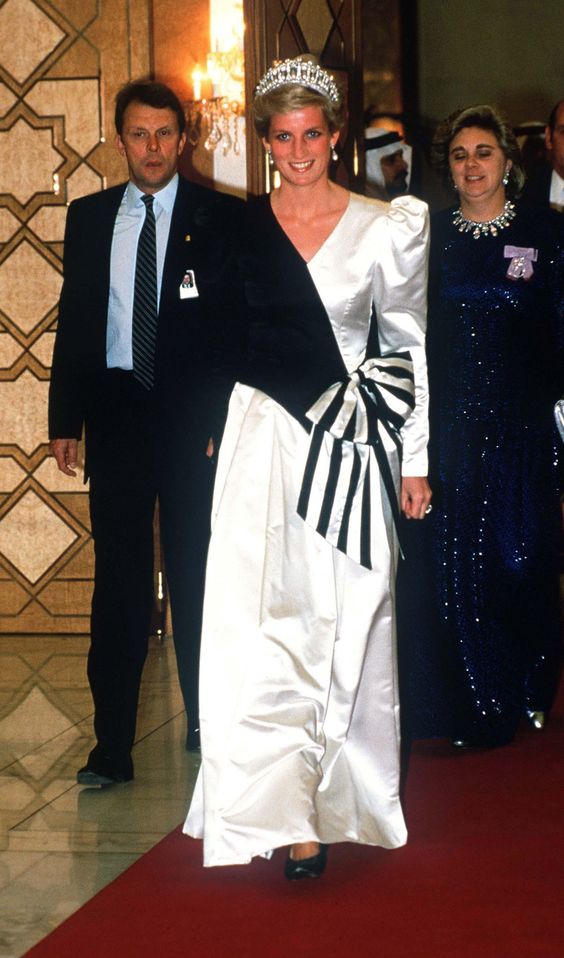
Fig. 3 – Photographer unknown. Princess Diana in a dress by the Emanuels in Saudi Arabia, November 1986. Source: Pinterest
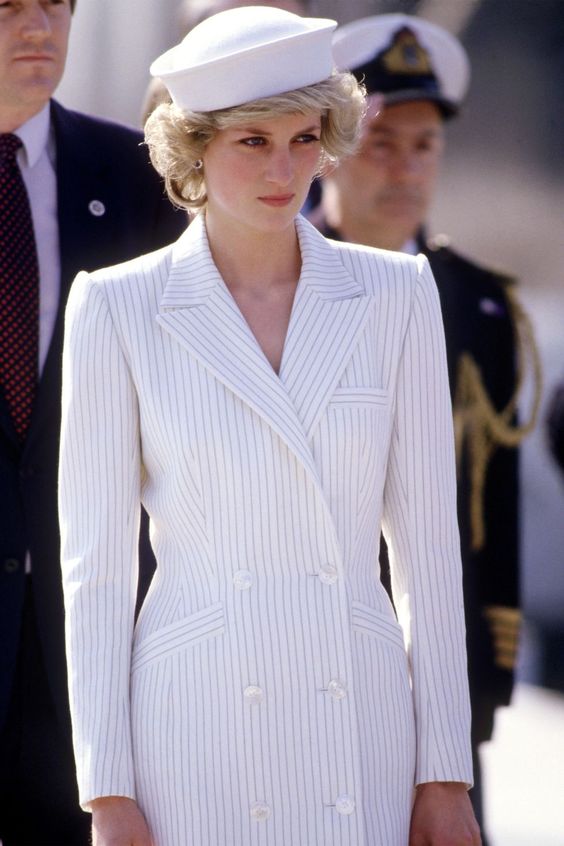
Fig. 4 – Photographer unknown. Diana in Catherine Walker, 1985. Source: Pinterest
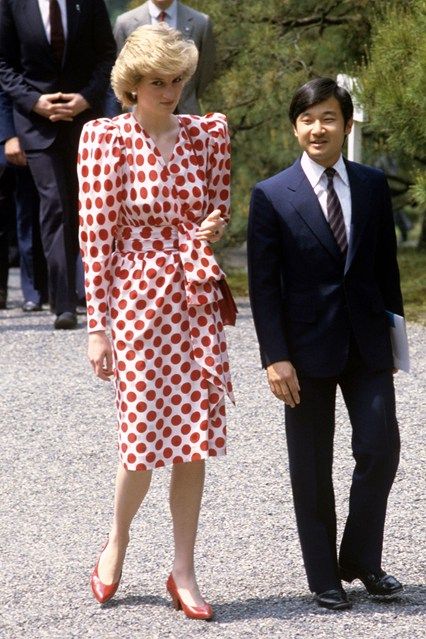
Fig. 5 – Photographer unknown. Tatters dress in Japan, 1986. Source: Pinterest
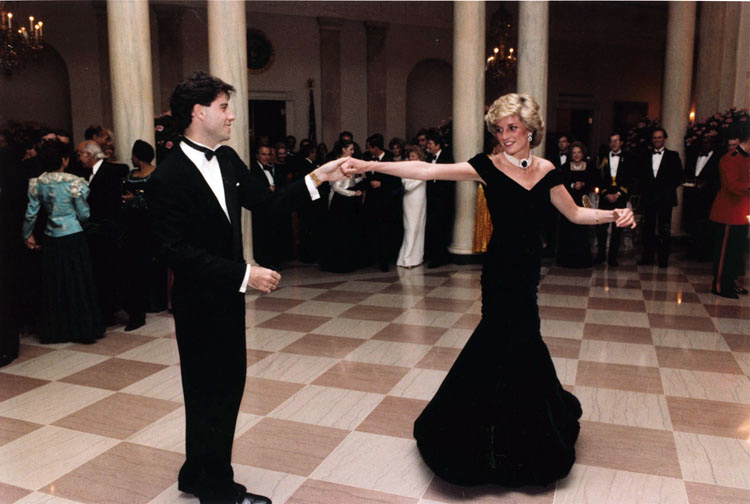
Fig. 6 – United States Federal Government. Princess Diana dancing with John Travolta in the entrance hall at the White House., 11 November 1985. Ronald Reagan Library. Source: Wikimedia
As 1980s style progressed, so did Diana’s. Royal style requires a significant amount of thought and Diana managed to do this, while also following eighties fashion trends. Kensington Palace writes in Diana: Her Fashion Story, “Diana’s style was overtly glamorous by the mid-1980s. She adopted glitzy embellishments and wide shoulder pads” (8). On a tour of Saudi Arabia in 1986, her Emanuel evening gown had huge puffed shoulders, a giant striped bow and black and white color-blocking, all signature eighties trends (Fig. 3). By this time, she had developed relationships with several designers including Bellville Sassoon, Bruce Oldfield and Catherine Walker. Walker especially created appropriate “power-suits” for the Princess for any occasion (Fig. 4).
All of these designers understood the importance of diplomatic dressing and helped Diana develop her own thoughtful way of dressing for an occasion. This required different approaches for different events. Kensington Palace explains,
“For overseas tours, Diana needed regal gowns that conveyed diplomatic messages. By contrast, when visiting hospitals or schools, she preferred outfits that reflected approachability and warmth, and would wear accessories that children could play with. She abandoned the royal protocol of wearing gloves, as she liked to make direct contact when shaking or holding hands. She also stopped wearing hats, as she said, ‘you can’t cuddle a child in a hat.’” (10)
Royal dressing requires extreme attention-to-detail and Diana took cues from the Queen’s expertise while also finding her own way forward. She incorporated current fashions more readily and took more risks, mostly to praise from adoring fans. She was seen wearing red dots and wide-shoulders on a tour of Japan in 1986 (Fig. 5).
Some of the most iconic fashion moments of the 1980s are thanks to “Shy Di.” From her off-duty knitted sweaters to dancing with John Travolta in an off-the-shoulder midnight blue Victor Edelstein gown at the White House (Fig. 6), to bold patterns and bright colors, Diana’s fashion influence was felt throughout the decade, and indeed until her death in 1997.
Menswear
F ashion for men in the 1980s largely followed the trends in womenswear. Like women, there was a craze for fitness wear, classic American workwear, preppy styles and “power dressing” (Laver 276). Many of the big names in women’s fashion also began designing men’s fashion in the 1980s:
“The 1980s also saw many designers expand their ranges to embrace menswear. These included Mugler (1980), Comme des Garçons (1983), Jean-Paul Gaultier (1984) and Karl Lagerfeld (1989).” (Laver 276)
Gaultier especially looked to play with gender and throughout the decade produced skirts for men, among other designs (Hennessey 395). The suit from Thierry Mugler’s first collection show a move toward the wide shoulders of the eighties (Fig. 1) while the Butterick patterns showcase the bold patterns and colors of men’s sports coats (Fig. 2).
In the early part of the decade, sportswear continued to be popular for men with tracksuits and sports jerseys popular looks. Like women, classic collegiate styles made up the “preppy” look. This included seersucker suits, polo shirts with popped collars and knit sweaters worn thrown over the shoulders. Both men and women wore chunky knitted sweaters (Fig. 3).
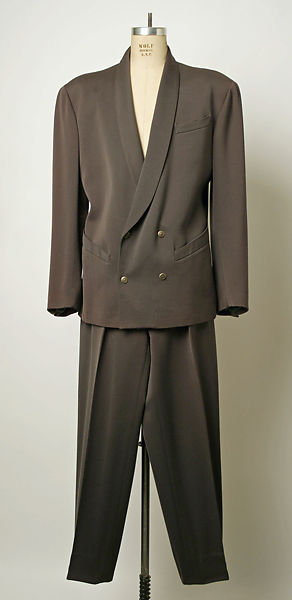
Fig. 1 – Thierry Mugler (French, 1948-). Suit, 1980. Wool. New York: The Metropolitan Museum of Art, 1994.556.3a, b. Gift of Robert R. Littman and Sully Bonnelly, 1994. Source: The Metropolitan Museum of Art
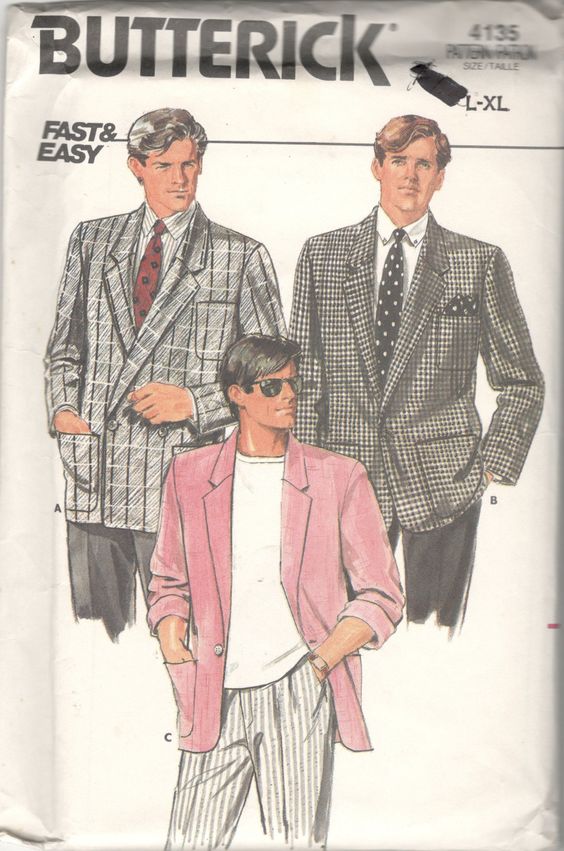
Fig. 2 – Butterick. Men’s Butterick Pattern, 1980s. Source: Pinterest
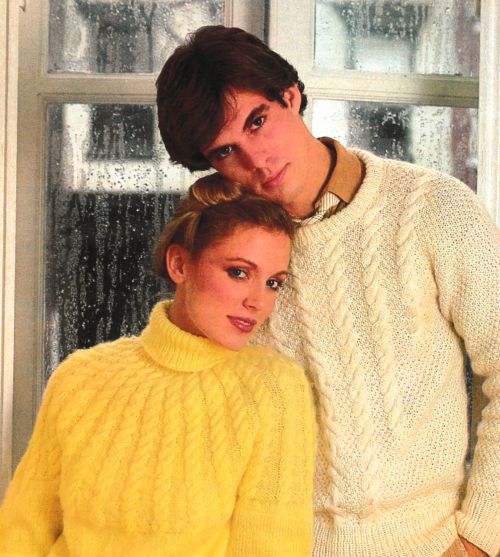
Fig. 3 – Photographer unknown. 1980s Sweater Style, 1980s. Source: Pinterest
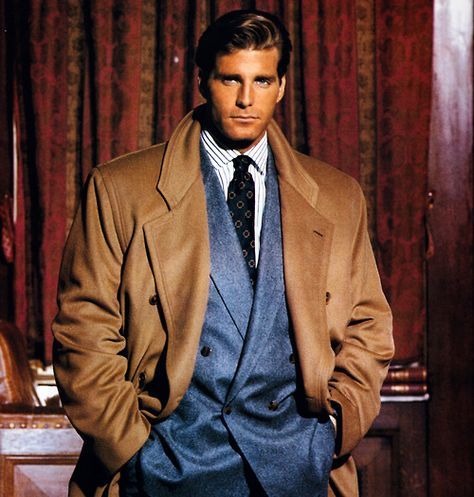
Fig. 4 – Hugo Boss. Hugo Boss ad, 1980-1989. Source: Pinterest
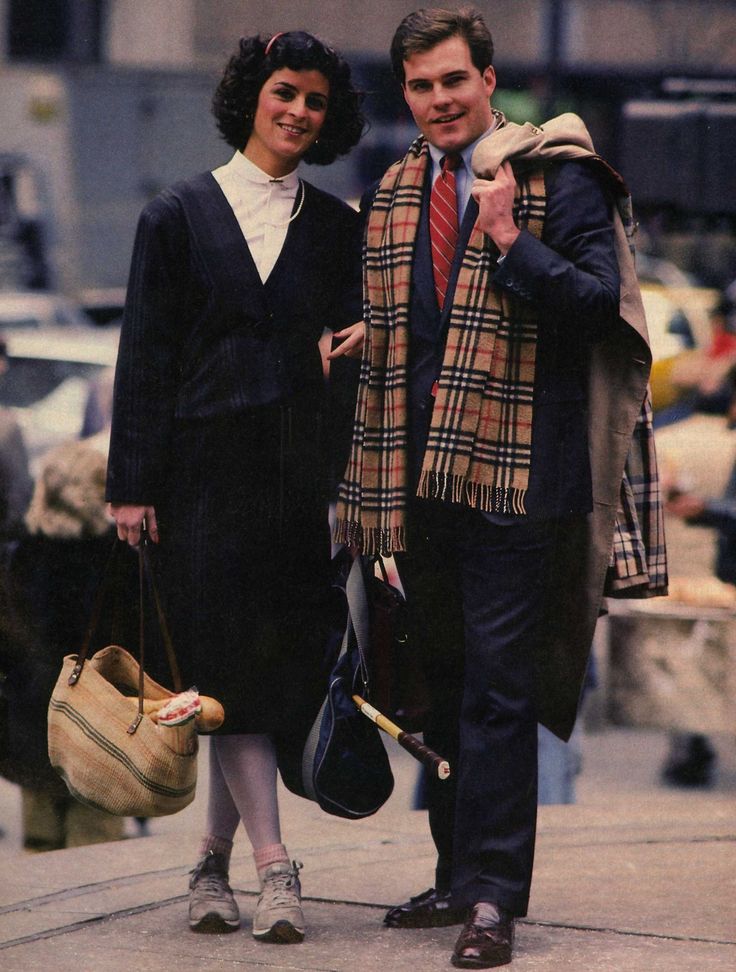
Fig. 5 – Photographer unknown. Yuppie couple, 1980s. Source: Pinterest
In the mid- to late-eighties, power dressing also made it into men’s style with the “power suit.” These were pin-striped, double breasted suits with wide lapels. They were worn with wide ties and complimented women’s power dressing. Hugo Boss perfected this look with patterned shirts and large overcoats to complete the style (Fig. 4). Men wore bright colored ties and suits were essential for white-collar workers (Fig. 5).
There were several other styles that emerged in the eighties, many from “street style.” The concept of street style is a style that emerges from the “bottom” – from a subculture or individual – rather than from spreading “top down” from a designer. This kind of spread of fashion had been happening for several decades, but many new subcultural styles made their mark on both men and women’s fashion in the 1980s. These included styles that emerged from music and dance culture.
The early- to mid-1980s saw the rise of goth fashion which expanded on punk style from the late 1970s (Fig. 6). Hennessey writes, “Both men and women wore clothes inspired by Victorian mourning garb and Bram Stoker’s Dracula and it was not long before this movement took to the streets” (405). A key style for both goth and punk looks were Dr Martens boots (Hennessey 404-405).
Women’s Fashion in the 80s: Top 14 Decade-Defining Trends
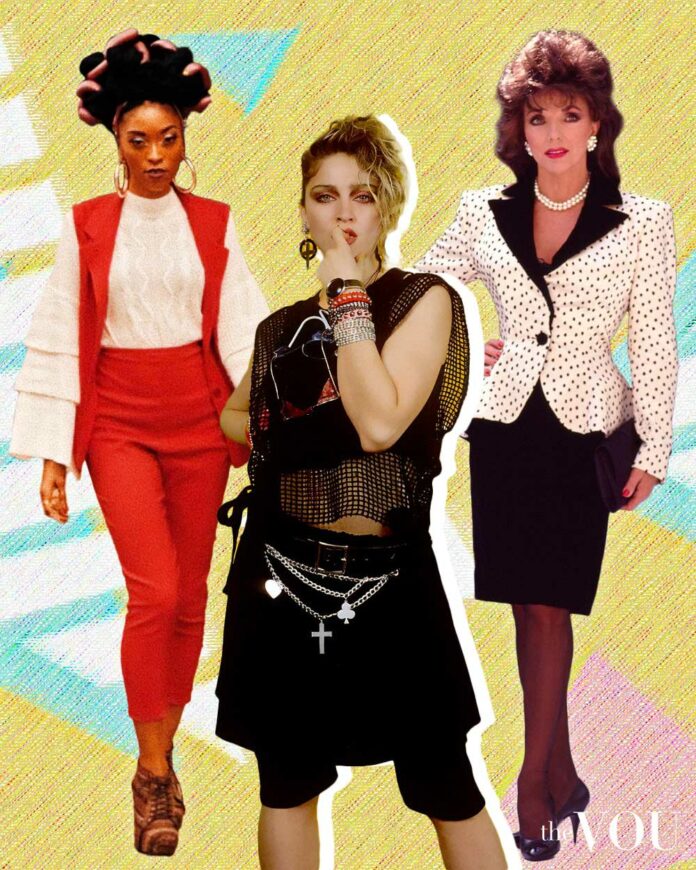
Keep up with the latest in fashion, beauty and style!
Showcased by larger-than-life movie stars and music celebrities, women’s wardrobe choices and hairstyles of the 80s fashion were eye-catching, daring, and bold.
As such, attempting to list all the iconic 80s fashion trends from a decade brimming with sartorial creativity would be a near-impossible task.
Yet, I’ve highlighted the 14 most popular women’s fashion styles that defined the 80s decade.
1. 80s Workout Fashion
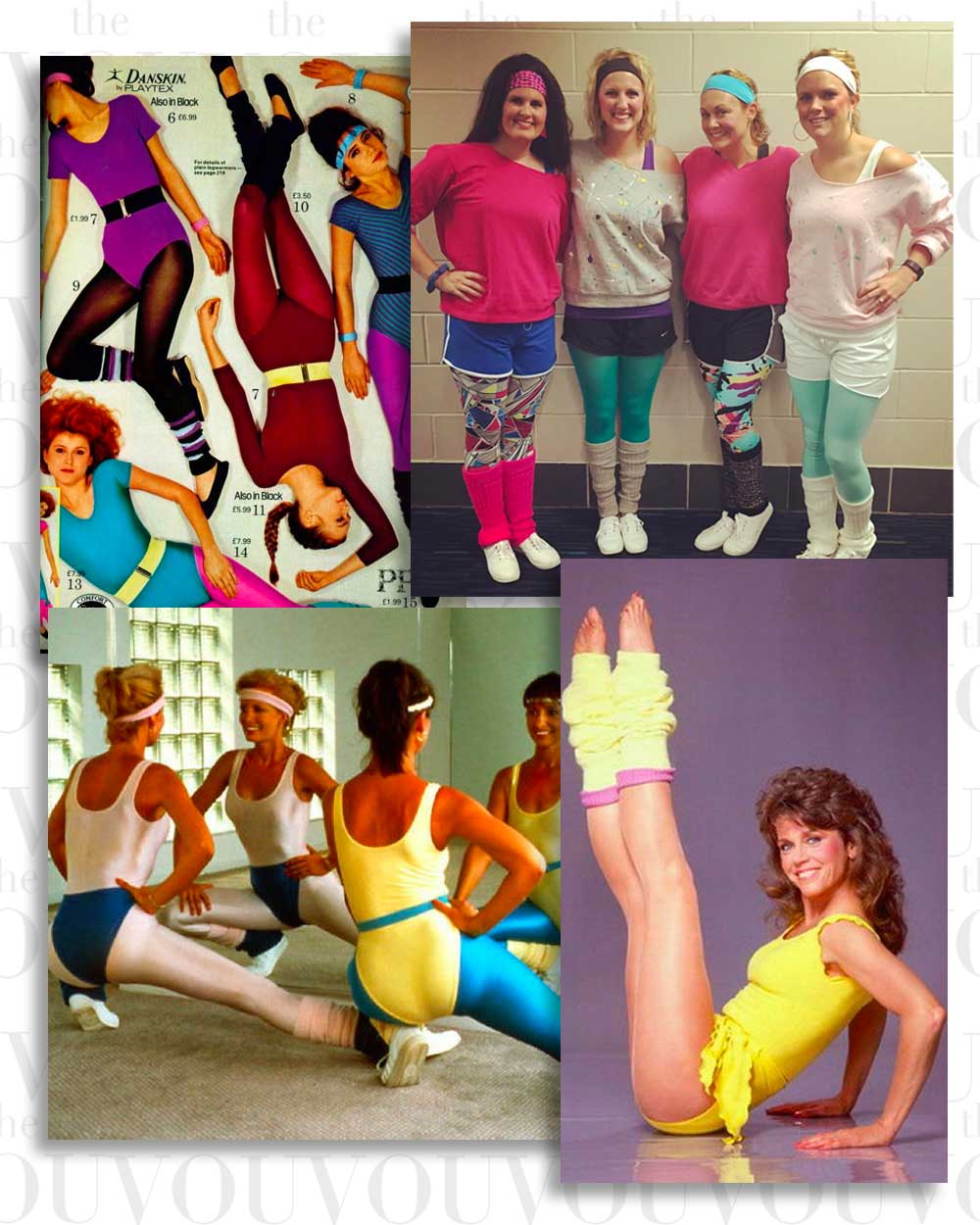
With movie icons like Arnold Schwarzenegger, Sylvester Stallone, and fitness goddess Jane Fonda leading the way, the 80s decade saw a growing emphasis on health and fitness activities.
The 80s was a time when fitness and health were at the forefront of popular culture, and being in shape was more than a goal, but a status symbol, and wearing stylish outfits was part of one’s image.
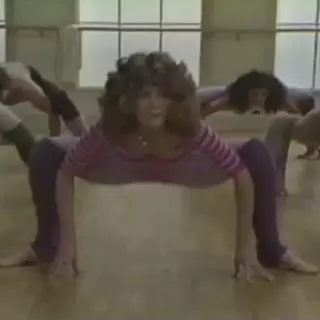
Some of the most representative 80s workout clothes were spandex suits, leggings, tennis armbands, colorful workout gloves, leotards, shell suits, and mini shorts like John Travolta wore in “Perfect” (1985).
Other popular clothes for workouts in the 80s were neon headbands, scrunchies, muscle tank tops, Zubaz pants, and velour tracksuits with Rebook sneakers.
SHOP THE LOOK
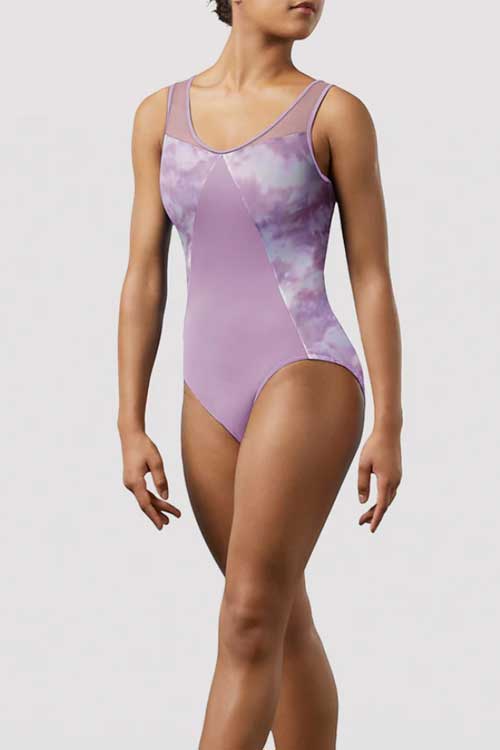
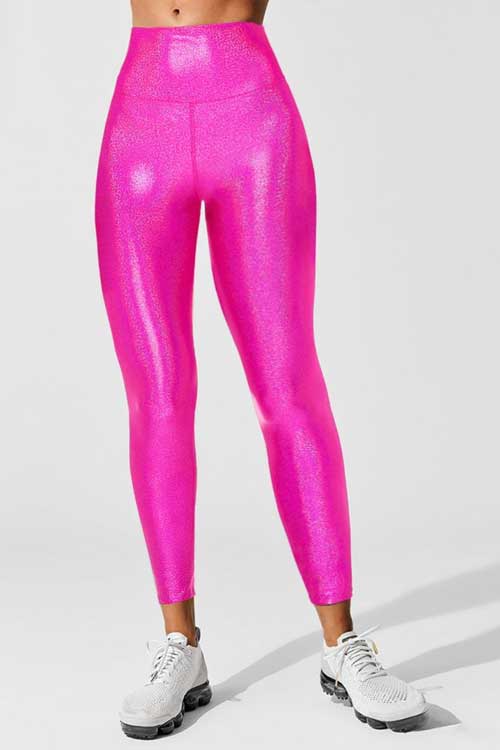
2. The Preppy Fashion
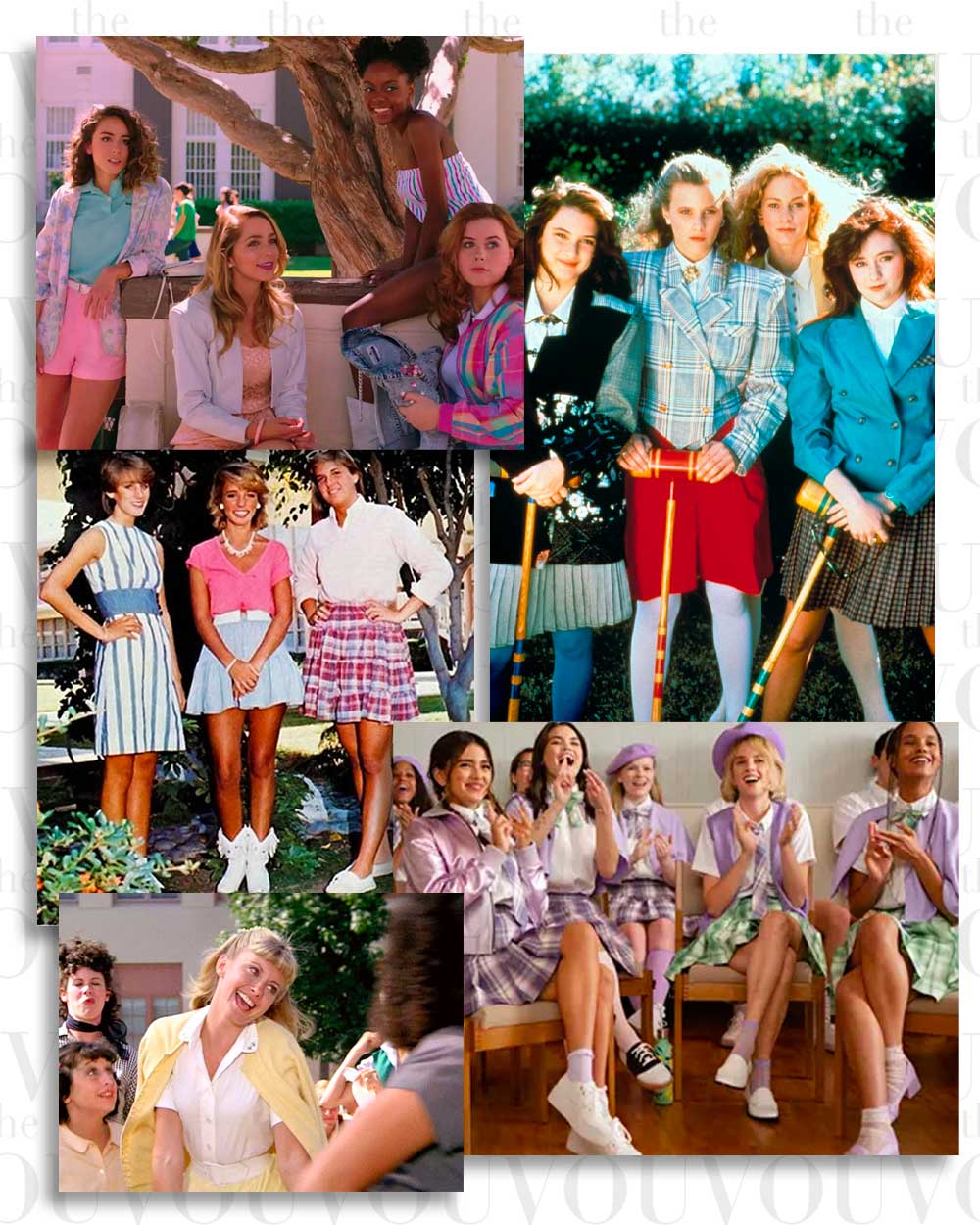
The 80s saw the rise of the “Preppy Fashion” trend, characterized by the sophisticated and refined style of the upper-class academia from prestigious Ivy League schools.
The preppy look exuded classic, relaxed, scholarly vibes and included a carefully curated wardrobe of must-have items.
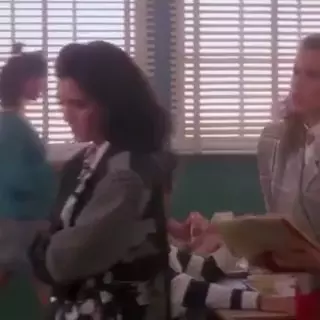
Essential pieces included: Polo shirts with popped collars, tennis sweaters, Ivy League cardigans, turtlenecks, traditional navy blue blazers, seersucker jackets, and chino trousers.
Shorts, repp stripe neckties, classic boat shoes or penny loafers, and timeless Ray Ban sunglasses were popular in the 80s preppy fashion.
SHOP THE LOOK
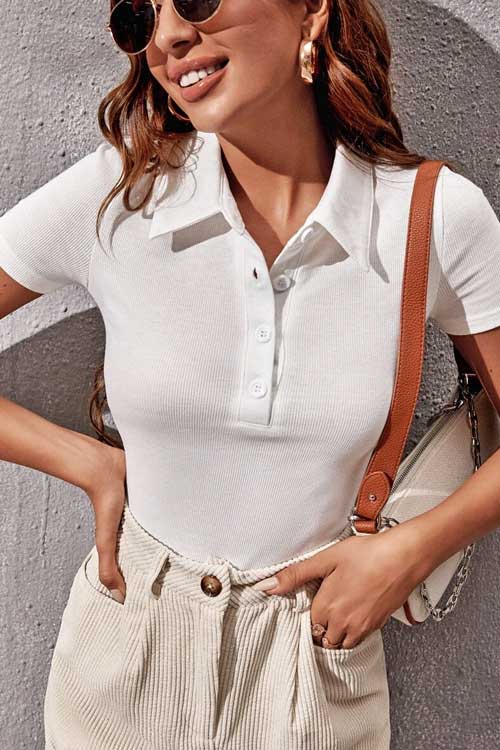
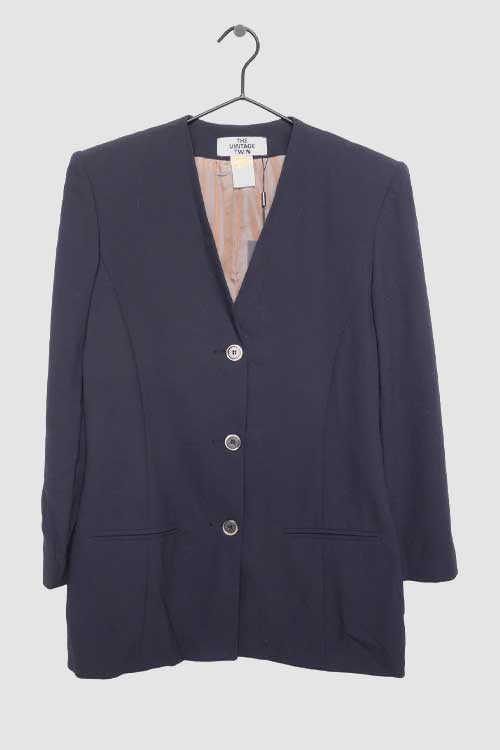
3. 80s Neon Trend
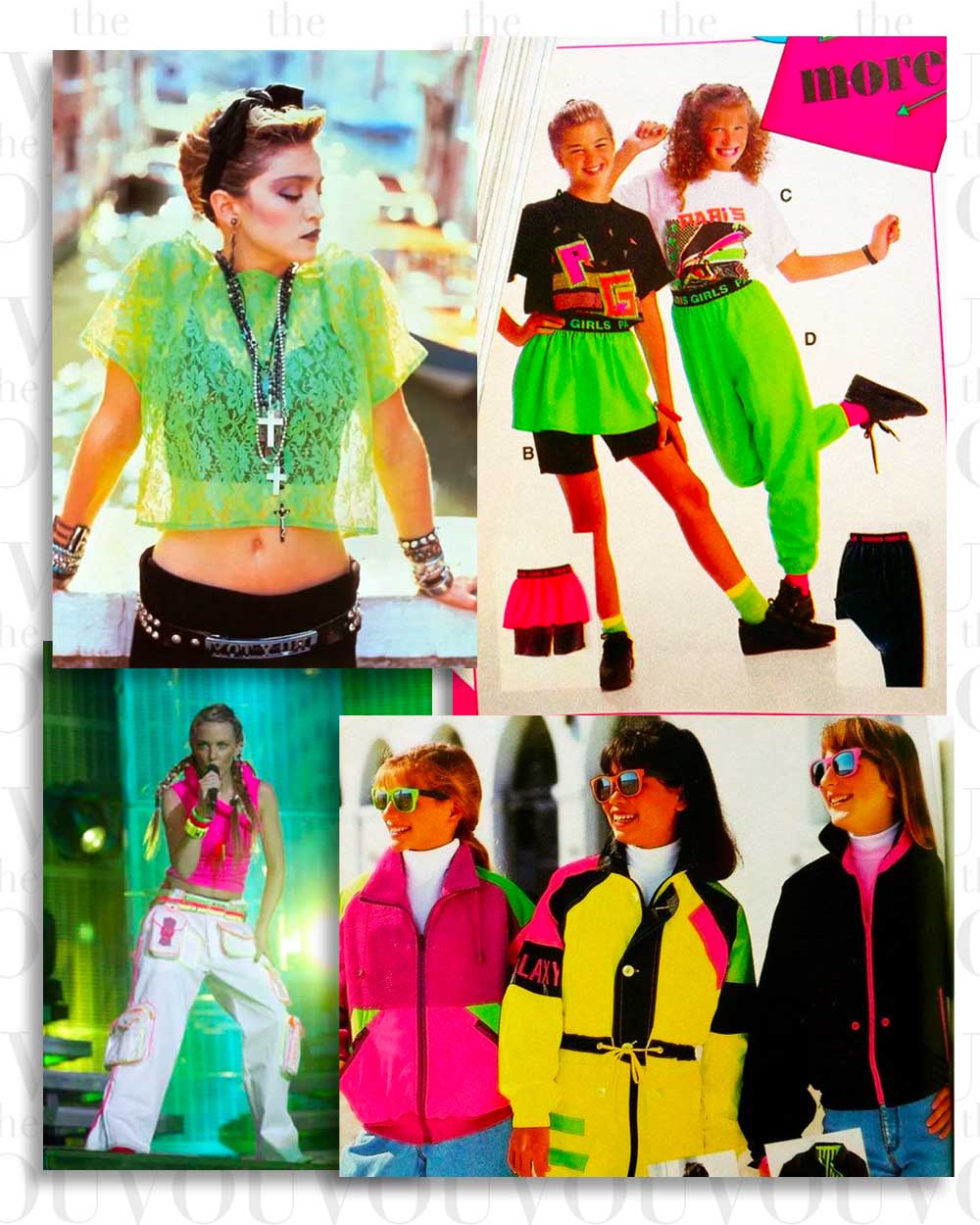
The 80s neon trend reflected the times, capturing the decade’s bright, bold, and adventurous spirit.
Early music artists wearing neon sunglasses at night and singing about “the bright future ahead” fostered the ubiquitous neon trend that dominated the fashion scene then.
From fluorescent neon green and yellow to neon pink and blue, the 80s bold and bright colors permeated every aspect of life, making statements with every step.
Madonna, Jane Fonda, Michael Jackson, Brooke Shields, Cindy Crawford, Cheryl Tiegs, Karen Alexander, and other celebrities were instrumental in promoting the neon clothing trend.
Similarly, top fashion brands like Esprit Clothing, United Colors Of Benetton, Rebook, and Nike capitalized on the trend by marketing neon skiwear and workout clothes, neon headbands, jelly bracelets, bold neon makeup, neon leggings and leg warmers, and even neon glasses.
SHOP THE LOOK
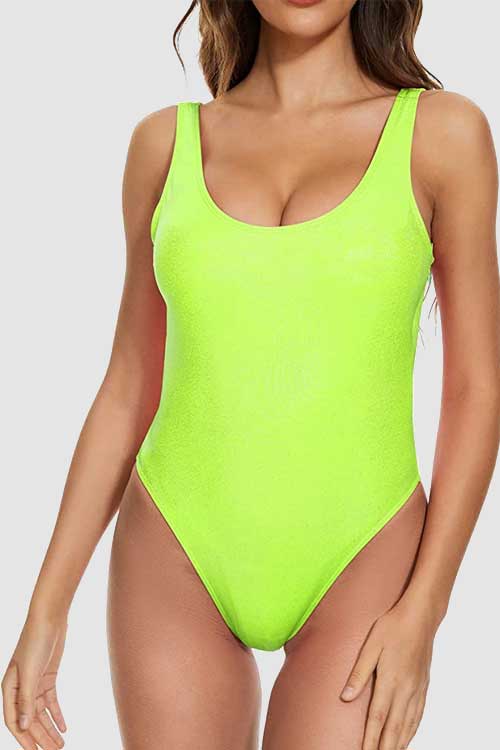
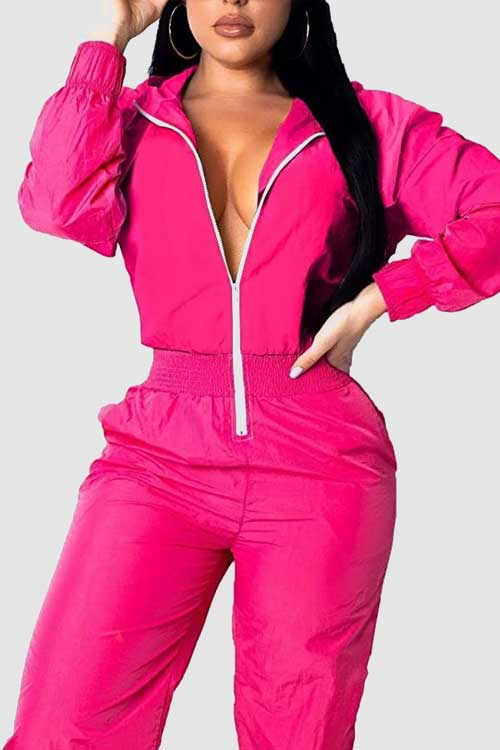
4. 80s Rockers
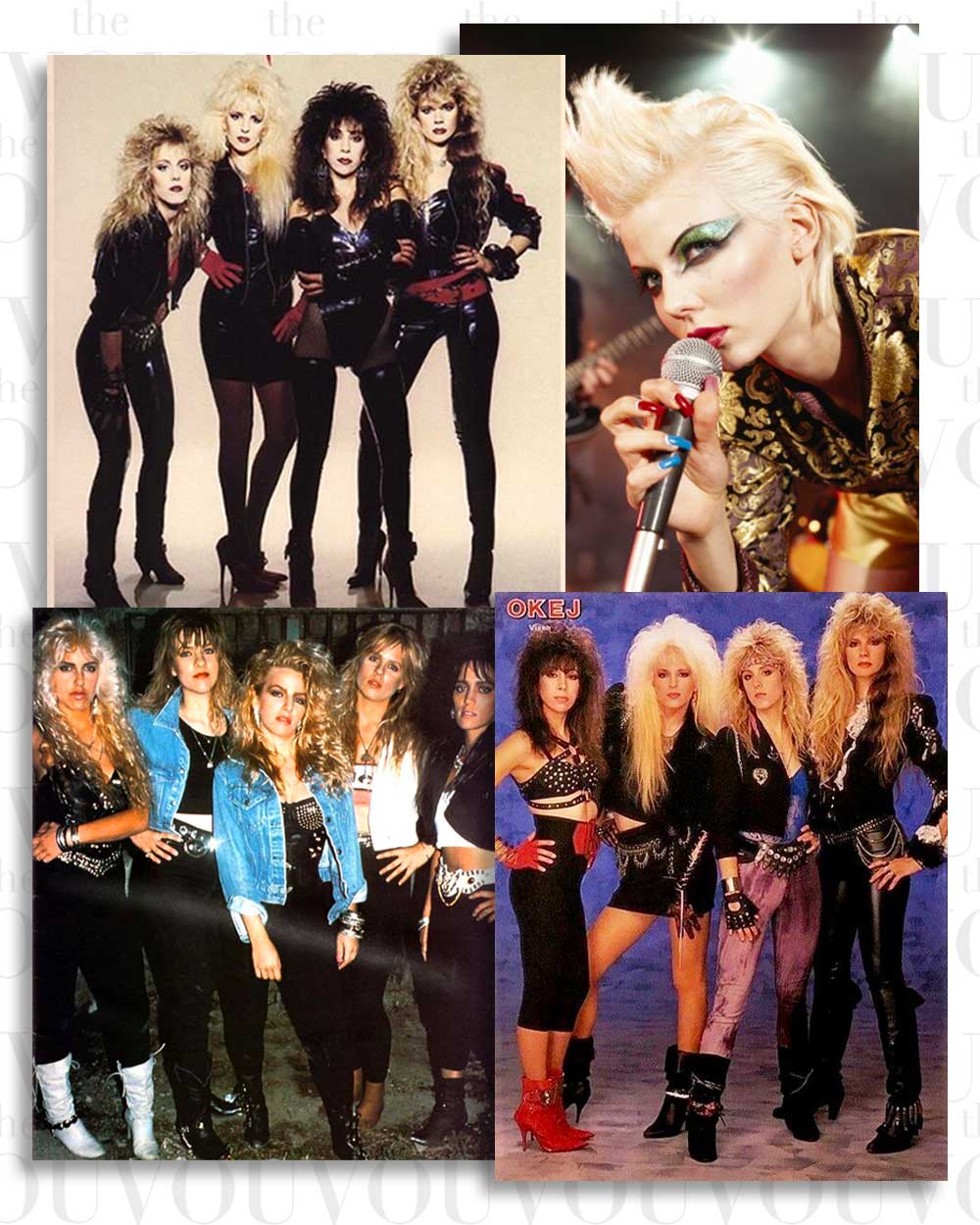
As rock bands like Bon Jovi, Aerosmith, Guns n’ Roses, and Kiss rose to fame, the 80s saw a surge in rock fashion popularity as millions sought to emulate their favorite rock stars.
Embodying the 80s rocker style requires the proper attire of 80s biker-style leather jackets with metallic studs, pockets, and patches or denim jackets.
Pair the jacket with skinny leather pants, ripped jeans, and black, white, or grey t-shirts.
Complete the look with high leather combat boots, biker gloves, bandanas, leather studded bracelets, and eye-catching silver rings to capture the essence of 80s rock fashion.
SHOP THE LOOK
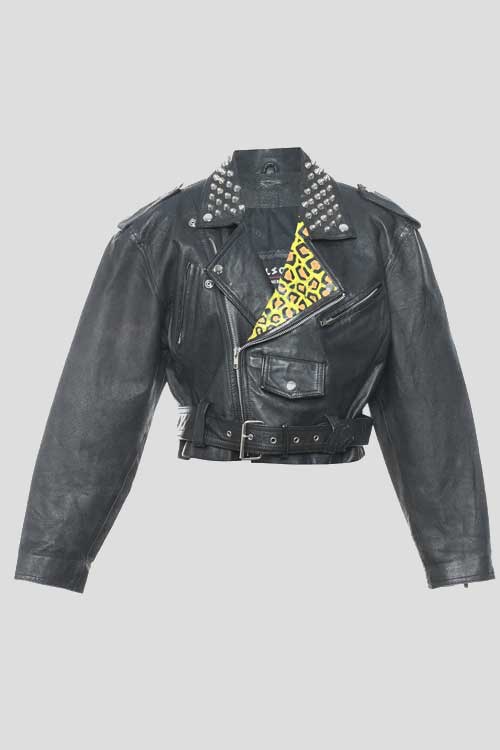
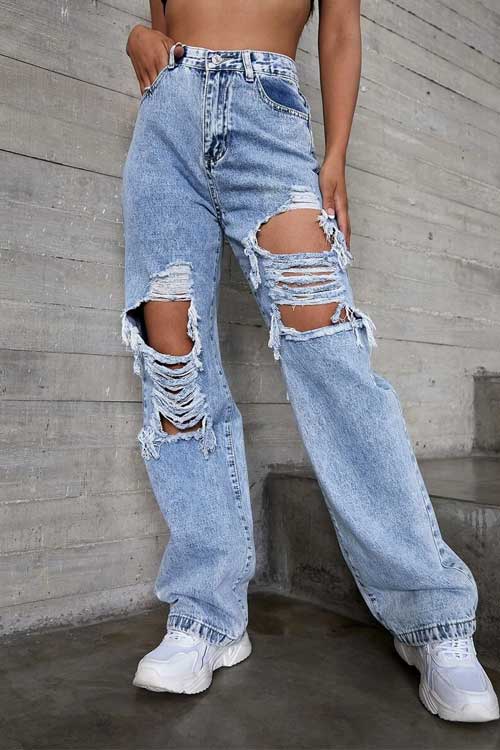
5. 80s Hip-Hop Fashion
80s hip-hop fashion was a form of self-expression that transcended mere clothing and reflected the music of the time.
After Grandmaster Flash and the Furious Five paved the way in the 70s fashion with unique blends of rockstar flair and cowboy panache, the 80s hip-hop fashion was influenced by rap legends like Run DMC, MC Hammer, Eric B. & Rakim, and LL Cool J.
In a fusion of streetwear, activewear, and luxury fashion, the 80s iconic hip-hop styles are still relevant today, with items like Air Jordans, bucket hats, and tracksuits continuing to be worn decades later.
Some of the most recognizable pieces of the 80s hip-hop fashion decade were: RUN DMC-style leather jackets with light wash jeans and Kangol bucket hats, big rope and clock gold chains, boomer jackets, patched jackets, windbreaker jackets, man boots, and Gucci’s Dapper Dan style.
80s rappers also wore Adidas tracksuits, thick socks, Jordan sneakers, four-finger rings, snapback caps, gold hoop earrings, trucker hats, men’s polka dot shirts, Gucci loafers, and Cazal sunglasses.
SHOP THE LOOK
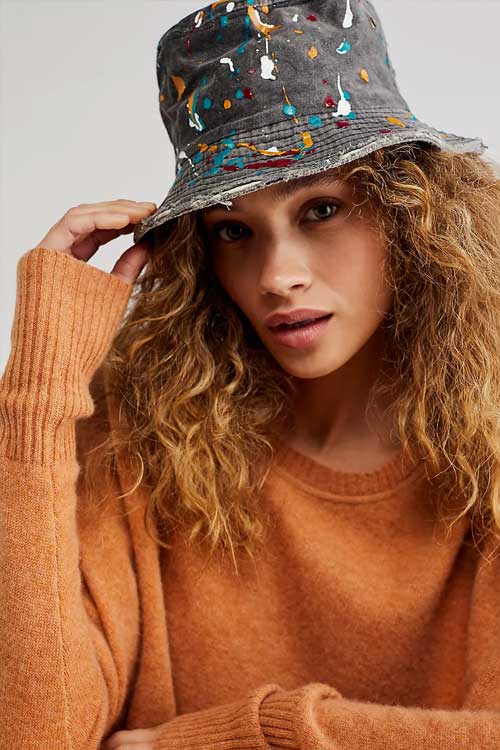
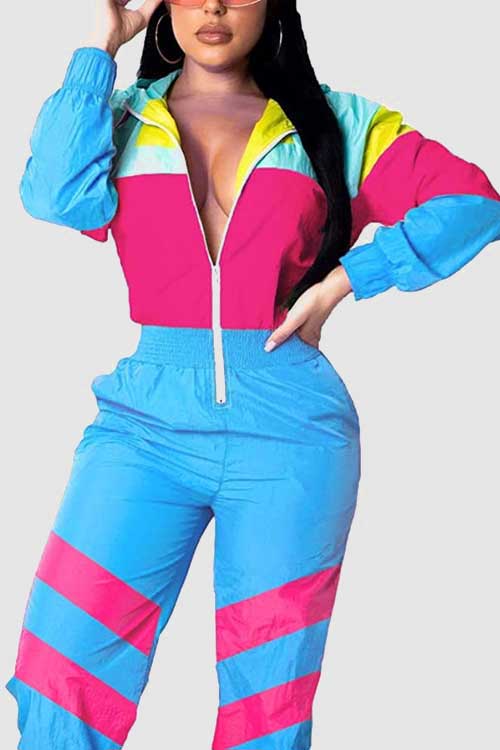
6. 80s Punk Fashion
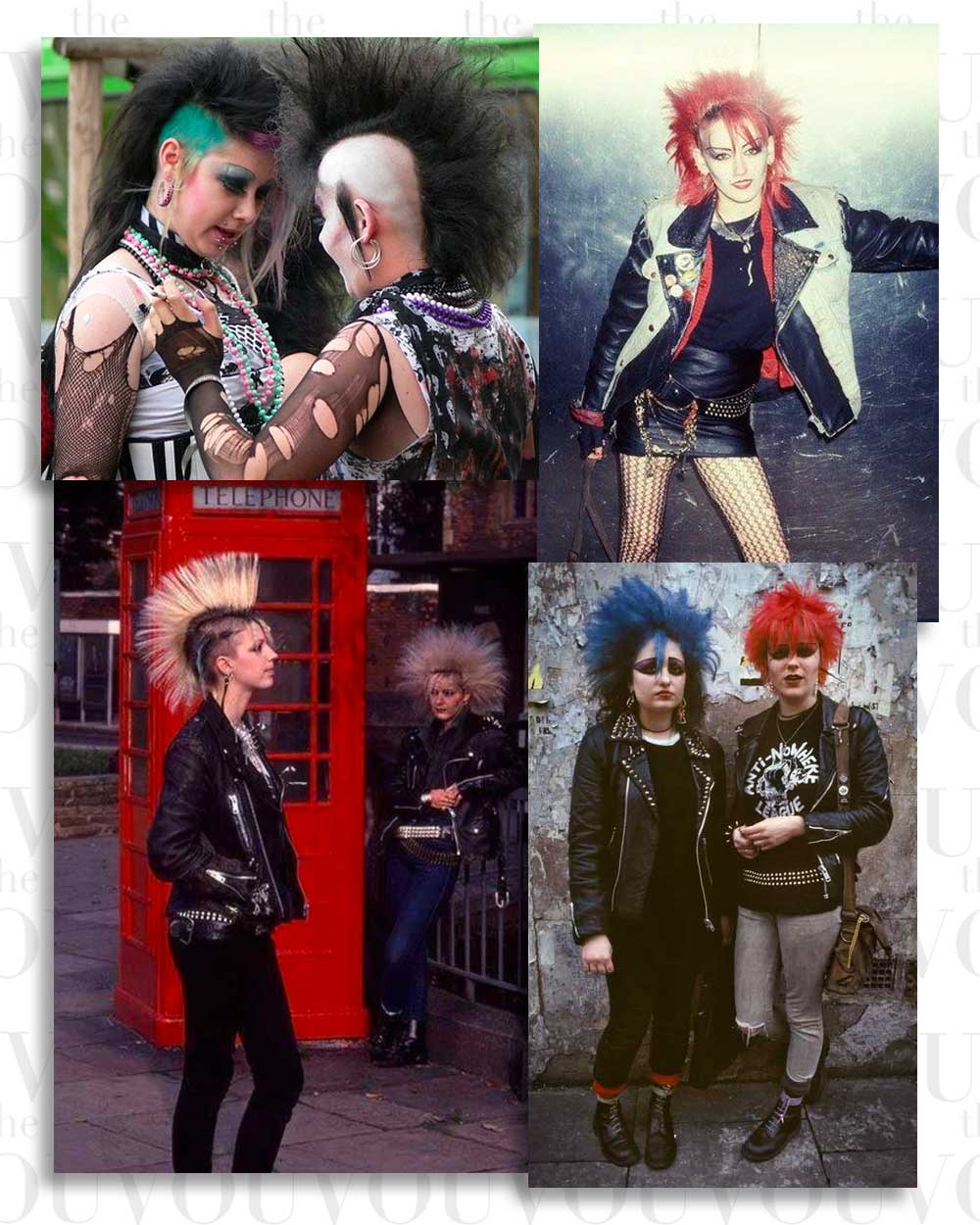
The UK’s 80s music had a bold and rebellious energy that instilled the youth with different values, as reflected in their clothing.
80s Punk fashion took it a notch up by breaking the norm of preppy polos, women’s sneakers, and suits.
Some punk clothing essentials still worth adding to your wardrobe are Doc Martens or military-style boots, punk rock chains, plaids, and ripped skinny jeans with band t-shirts.
Let’s not forget women’s black leather jackets, patches, safety pins, trousers, kilts, buttons, buckles, and black leather belts, completed with skinhead or mohawk hairstyles.
SHOP THE LOOK
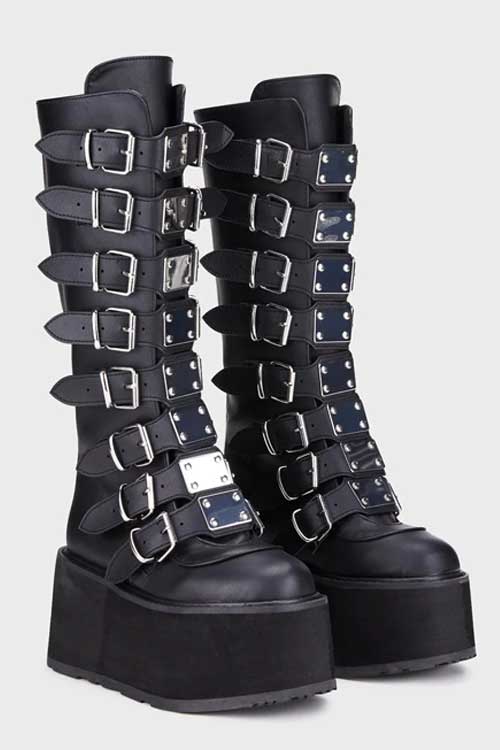
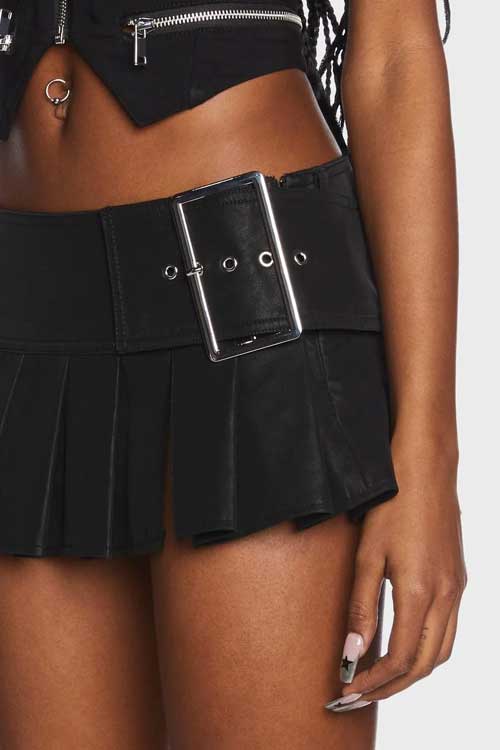
7. 80s Pop Fashion
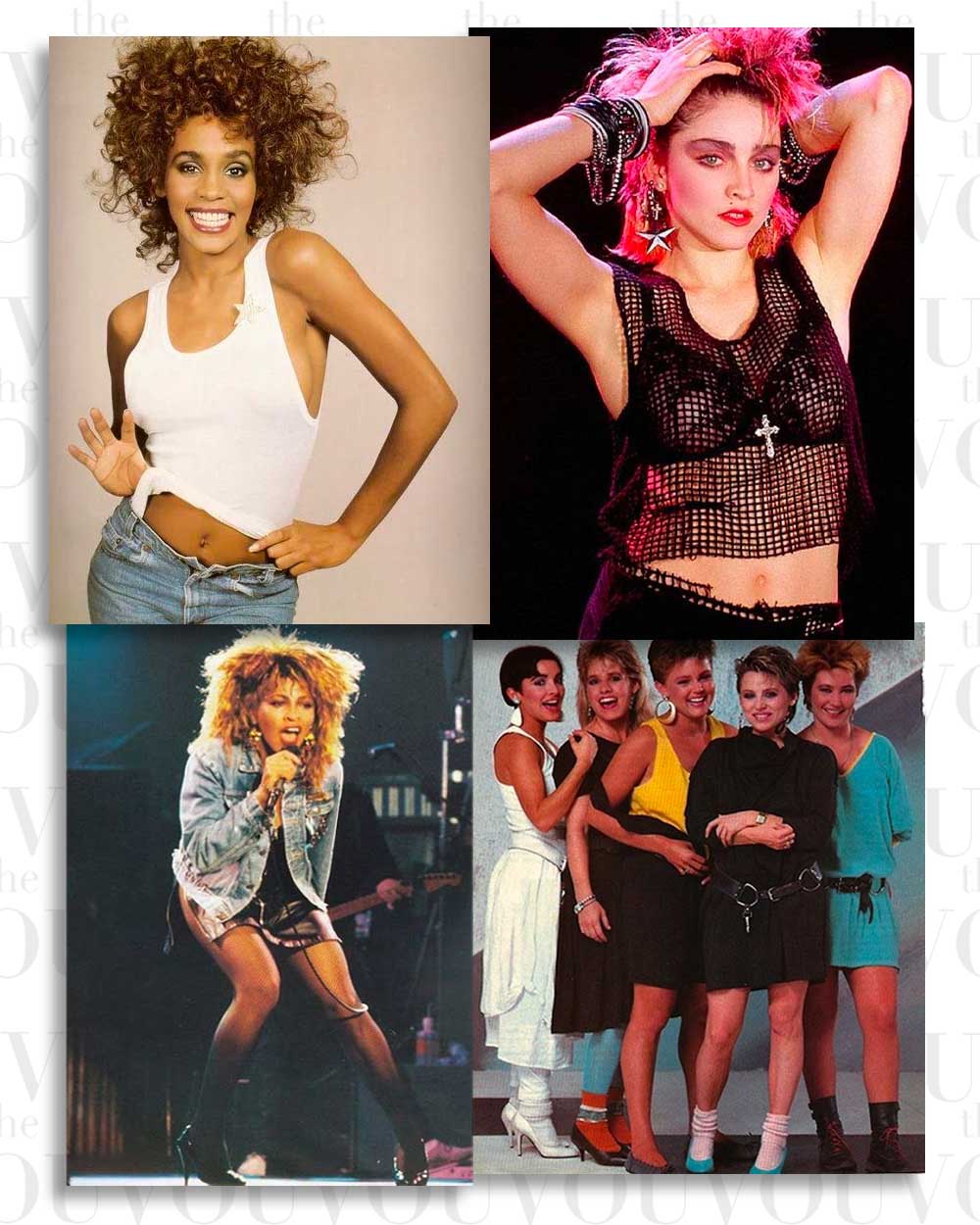
The 80s decade was a pop-culture landmark, primarily through its output in music and movies and the resulting unforgettable fashion trends that we associate it with.
Superstars like Madonna, Molly Ringwald, and Cyndi Lauper inspired teenage girls with hairstyles, fishnet clothing, glitter makeup, big earrings, bracelets, scrunchies, and fingerless gloves.
For men, pop icons like Michael Jackson and David Bowie made it acceptable to wear sequined clothing and even makeup to enhance facial features.
SHOP THE LOOK
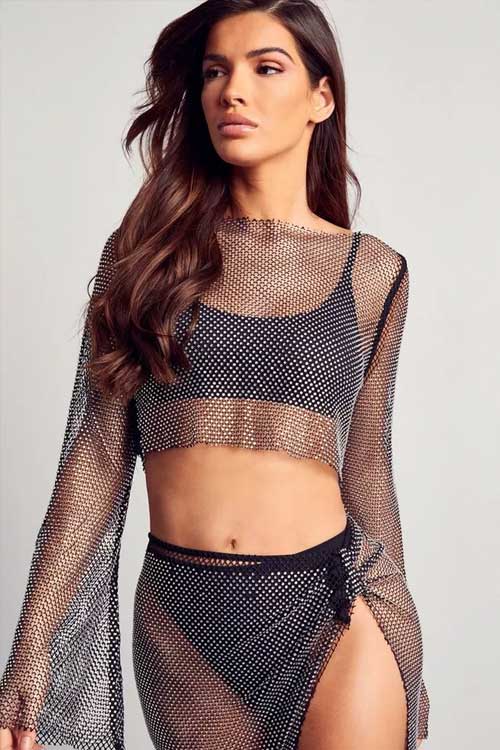
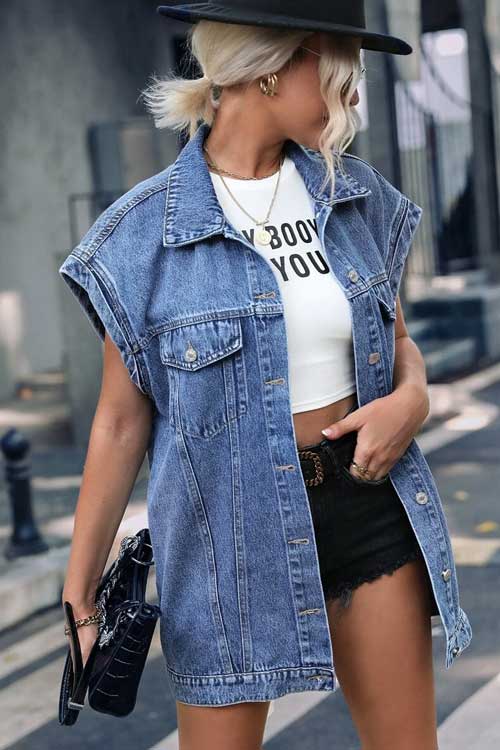
8. 80s Goth Fashion
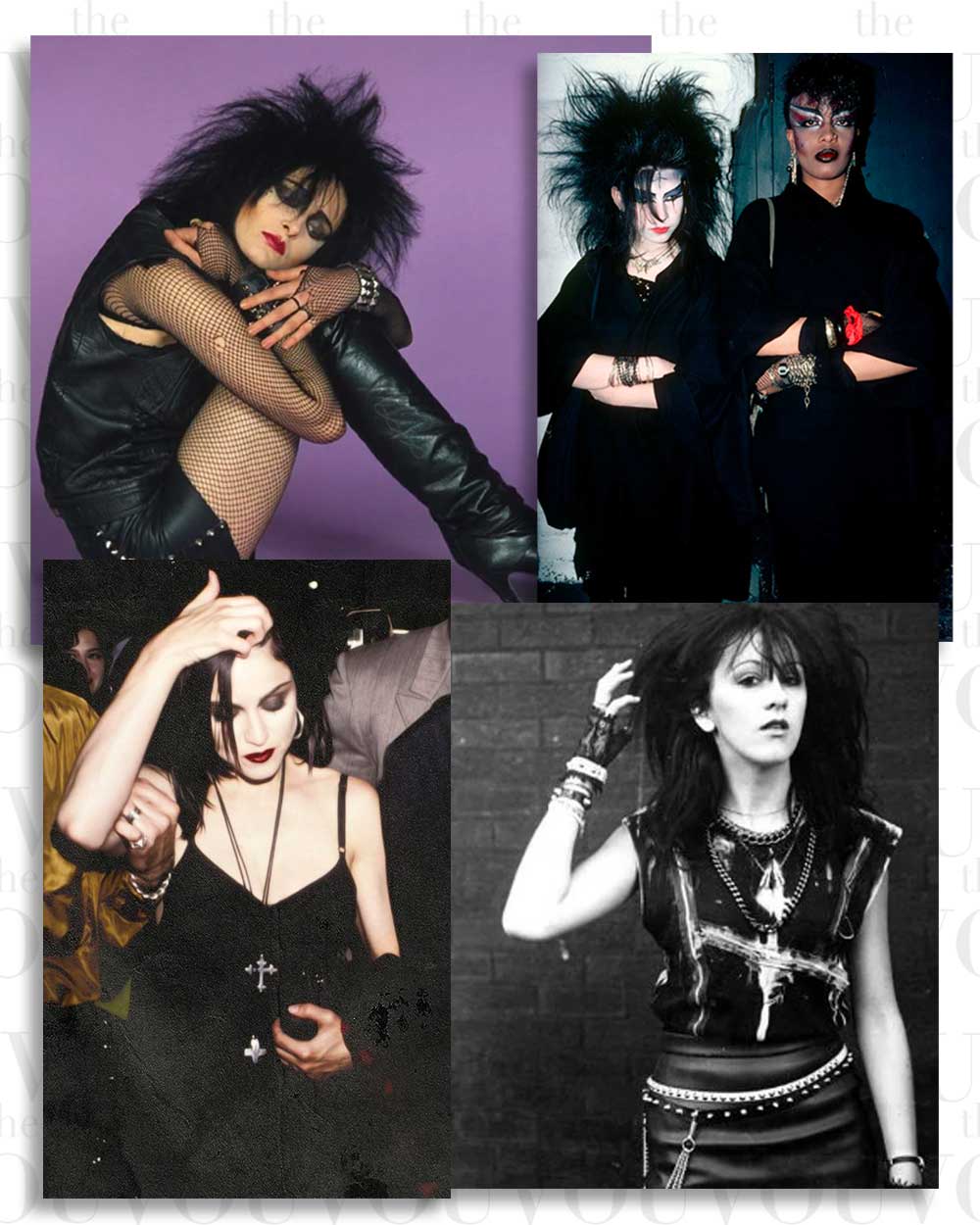
In the early 80s, followers of the US deathrock musical genre, particularly regulars at London’s Batcave club, decided to confront the darkness of the future head-on.
As a result, the classic Goth fashion style was born, characterized by towering backcombed hair and dark attire, ranging from overcoats and skinny jeans to mini skirts, and fishnet stockings.
The 80s goth fashion movement was fueled by trailblazing figures such as Siouxsie Sioux, Strawberry Switchblade, The Cure, and Nick Cave.
SHOP THE LOOK
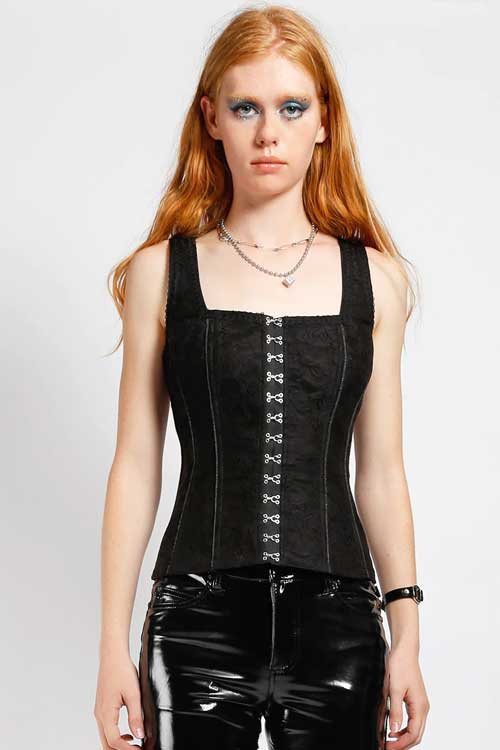
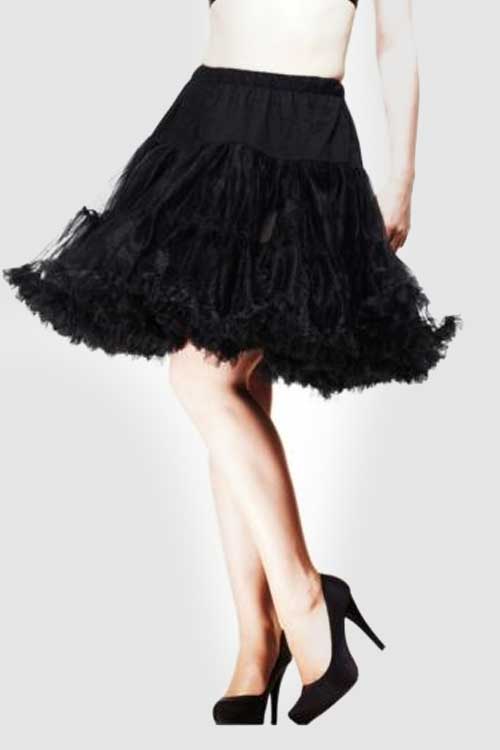
9. 80s Black Fashion
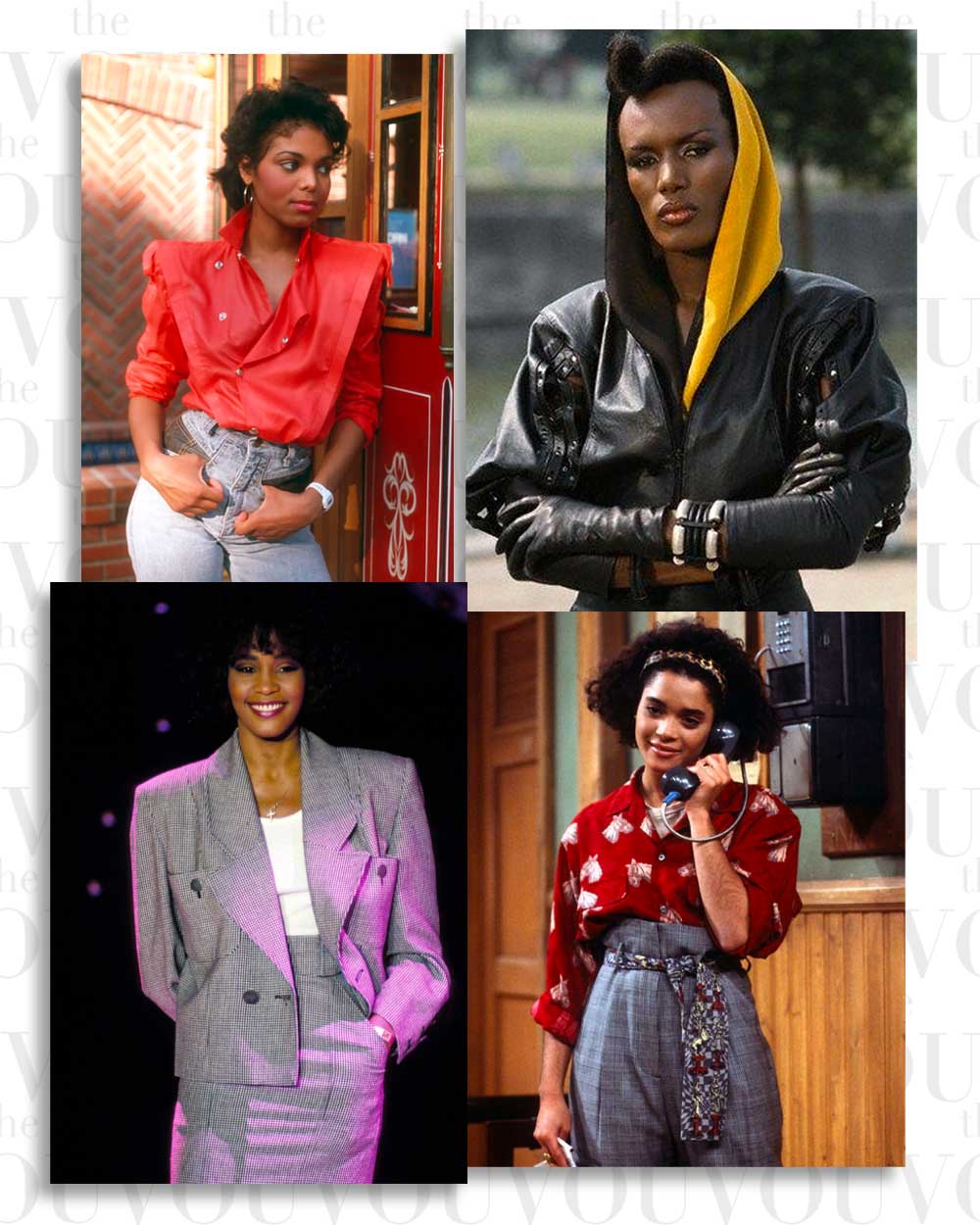
The 1980s black fashion – also known as African-American style was led by the decade’s celebrities.
Whitney Houston and Janet Jackson made wearing overalls while fastening only one strap a desired carefree look of the 80s for black women.
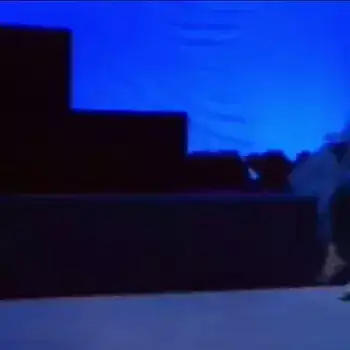
For men, popular black 80s fashion styles were characterized by leather jackets and acid-washed denim – often sported by Michael Jackson and Prince.
Yet, psychedelic print shirts, oversized clothes, gold chains, bamboo earrings, floppy hats, and Adidas sneakers were also popular amongst black celebrities such as Rapper Kid, Prince, LL Cool J, Run-DMC, and MC Hammer.
SHOP THE LOOK
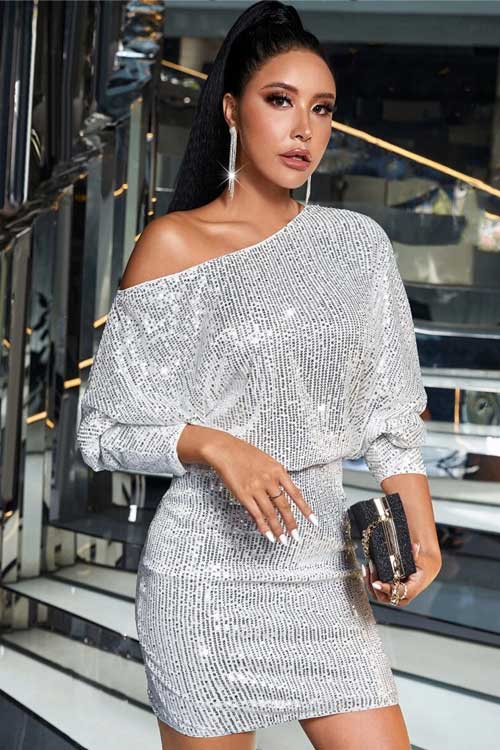
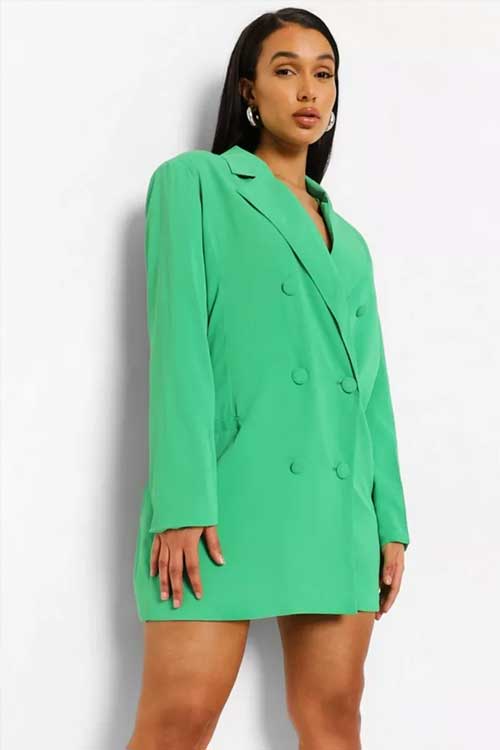
10. 80s Beach Fashion
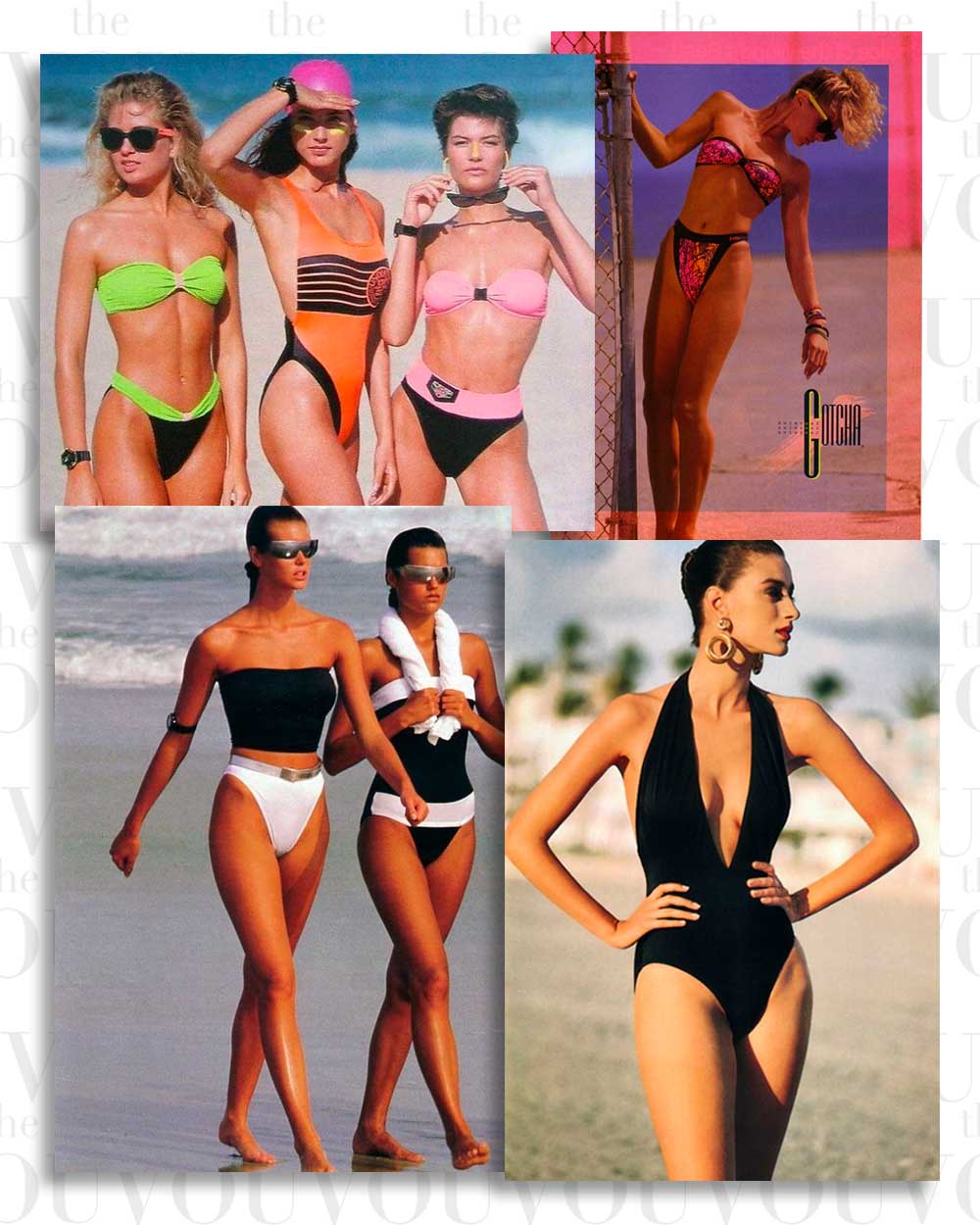
Some of the most popular beach styles of the 80s decade comprised denim shorts, cropped tops, wide-brim hats, Rah-Rah skirts, huarache shoes, Ray-Ban Wayfarers, scrunchies, and spandex high-cut women’s swimming suits in neon colors.
SHOP THE LOOK
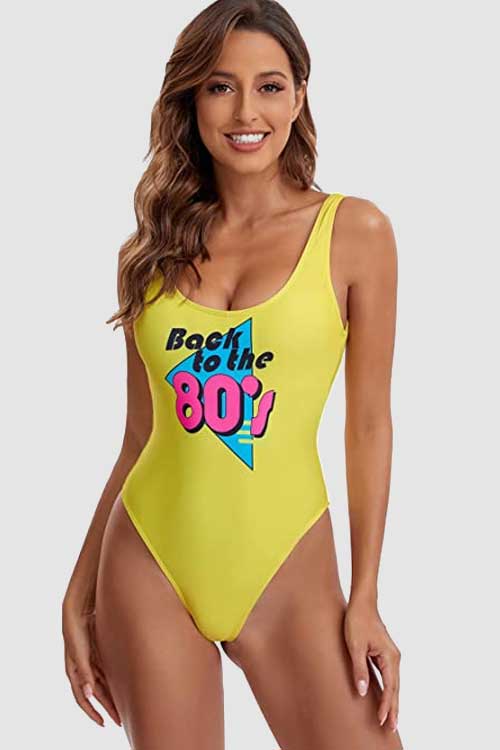
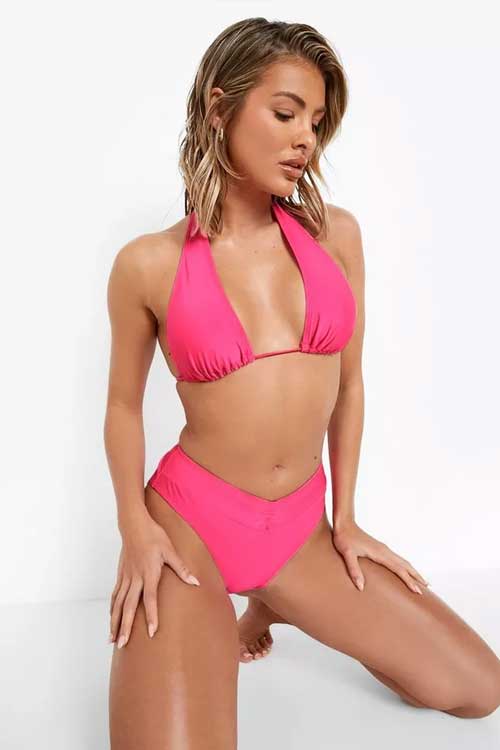
11. Women’s Skater Fashion
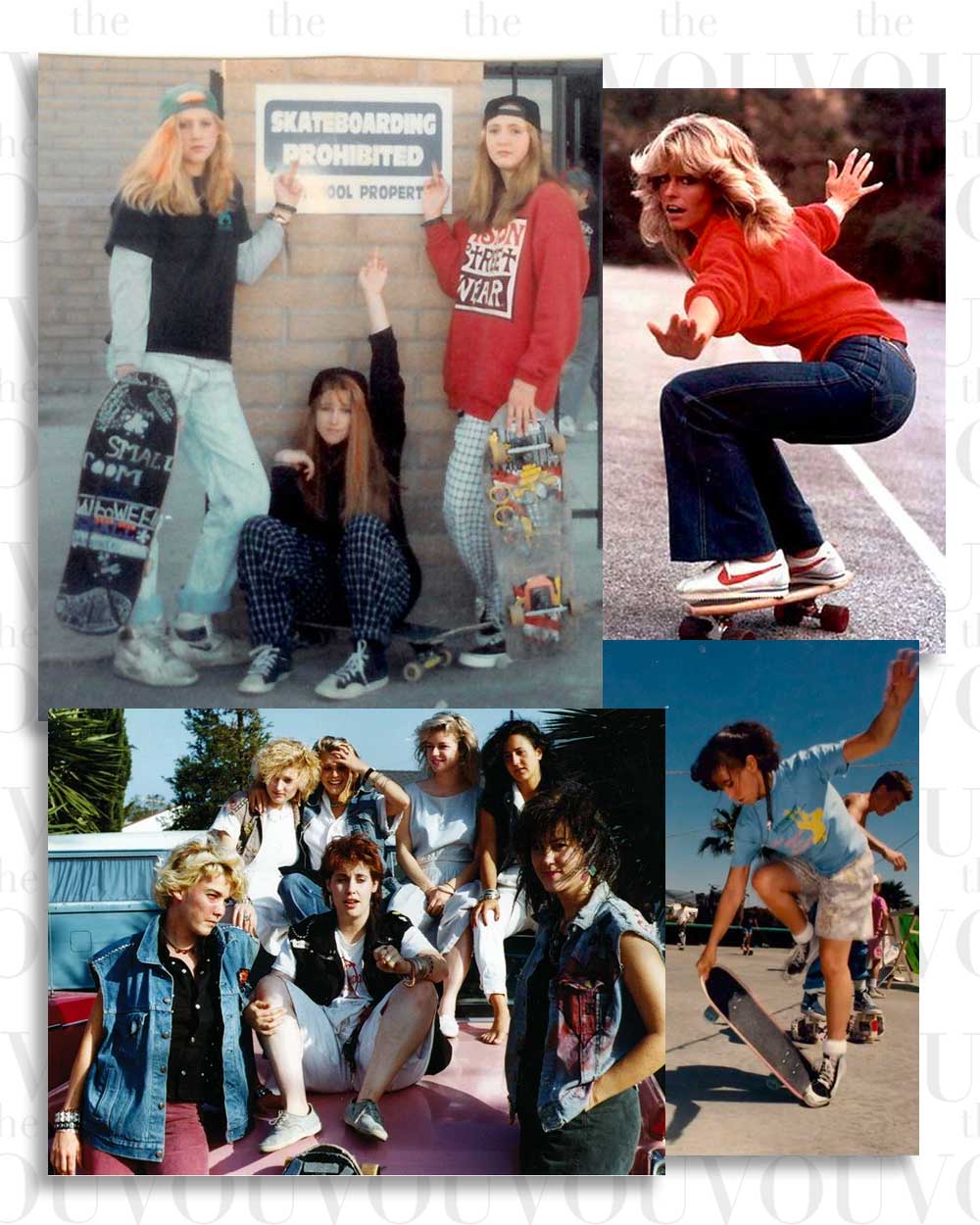
The skateboarding culture of the 1980s reflected the countercultural movements of the time.
The skaters of the era were more concerned with the freedom of expression through their sport and less concerned with the fashion that accompanied it.
However, the films and documentaries that captured the skateboarding scene, such as “Thrashin’,” “Gleaming the Cube,” and The Bones Brigade, provides a fascinating glimpse into the unique fashion styles of the skaters of the 80s.
Some of the most iconic 80s skater trends still relevant today include classic sneakers like Chuck Taylors and Vans paired with white socks, graphic tees and sleeveless tops, baggy, colorful pants, and carefree hairstyles.
Other garments embodying the rebellious spirit of the 80s skateboarding culture were:
- The bright neon skater skirts.
- Denim jackets without sleeves.
- Levi’s jeans and jackets with patchwork designs.
- Thrasher brand t-shirts.
- Baja hoodies.
SHOP THE LOOK
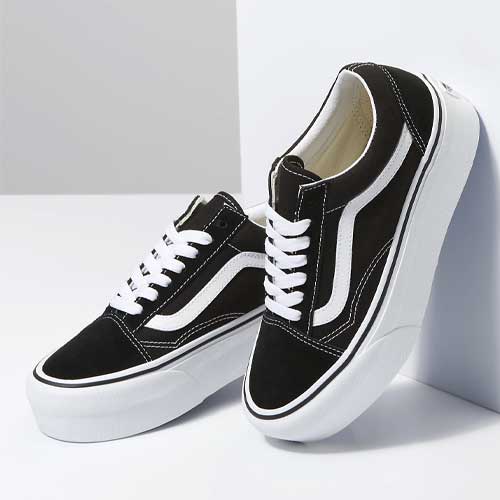
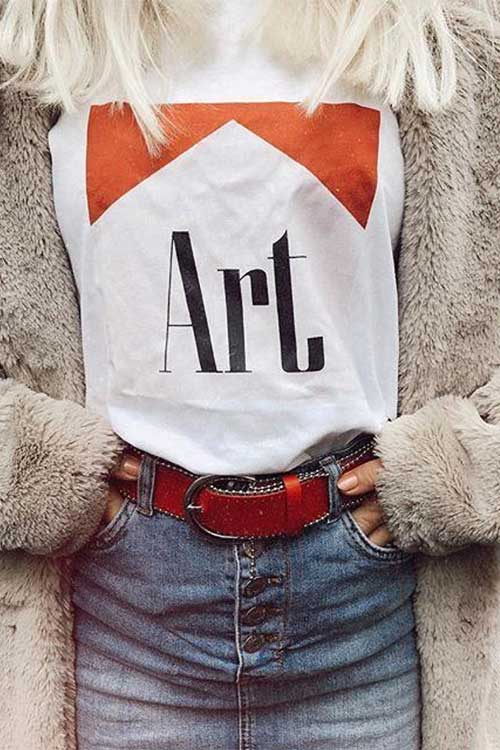
12. 80s Mom Fashion
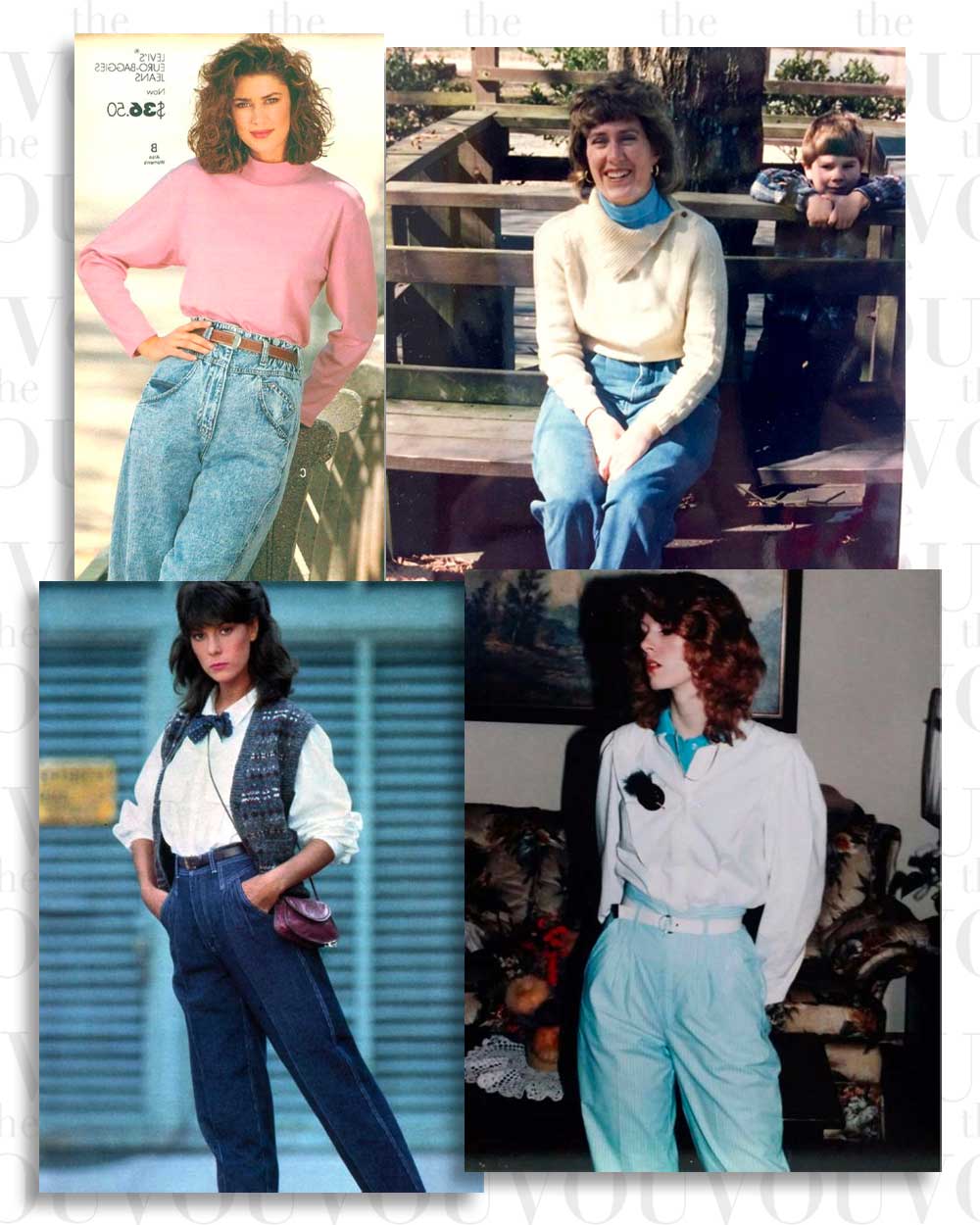
The most popular 80s mom fashion style comprised high-waisted pants (or “mom” jeans) with a blouse or a sweater tucked in.
Other popular 80s mom fashion styles included power-dressing suits with big shoulders, sequined outfits, ruffled dresses, off-the-shoulder tops and dresses in striking colors, and oversized earrings.
Other popular 80s clothes for mothers, especially fitness-driven ones, were spandex gym outfits, Lycra tights, and leg warmers in bright neon colors.
SHOP THE LOOK
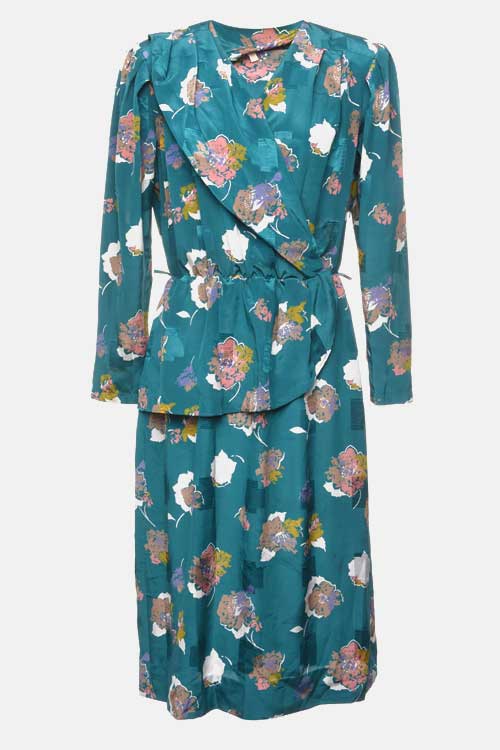
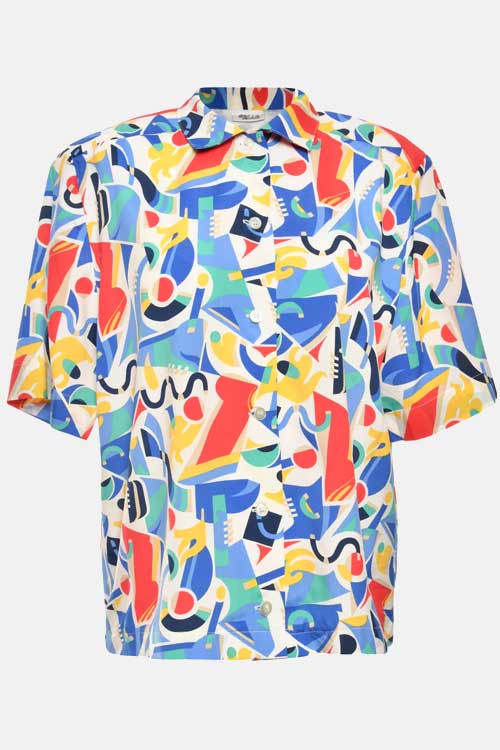
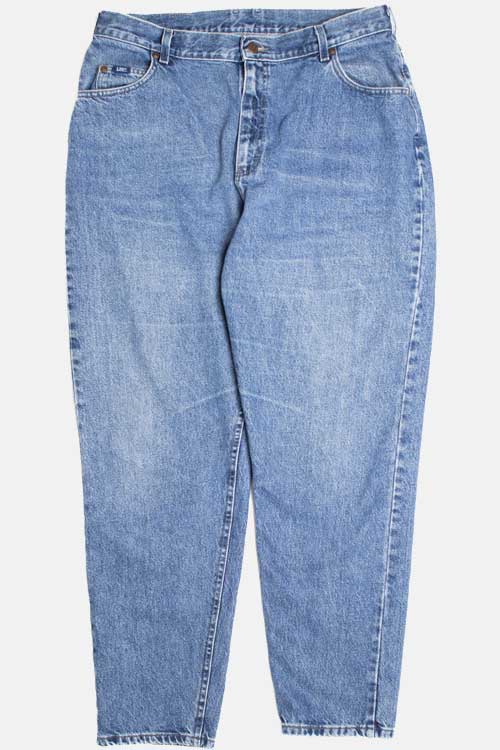
13. Sloane Ranger Fashion
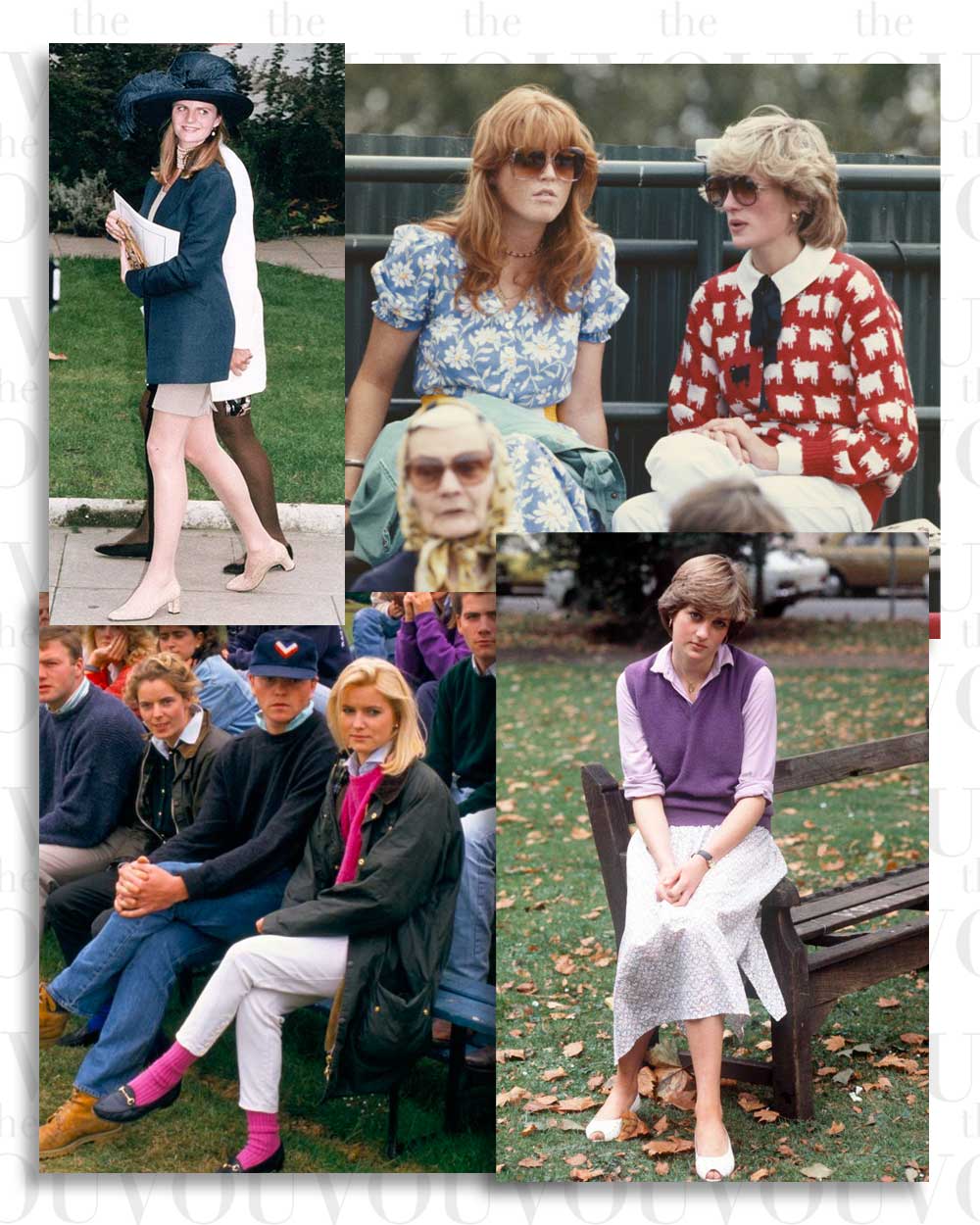
The Sloane Ranger fashion of the 1980s was a British preppy style associated with young, upper-class women who lived in or near London’s exclusive Chelsea neighborhood.
The style comprised a mix of classic and traditional elements, such as tweed jackets, pearls, and polo shirts, combined with a more laid-back and casual approach to dressing.
This look was popularized by the bestselling book “The Official Sloane Ranger Handbook” and became a defining trend of the decade.
SHOP THE LOOK
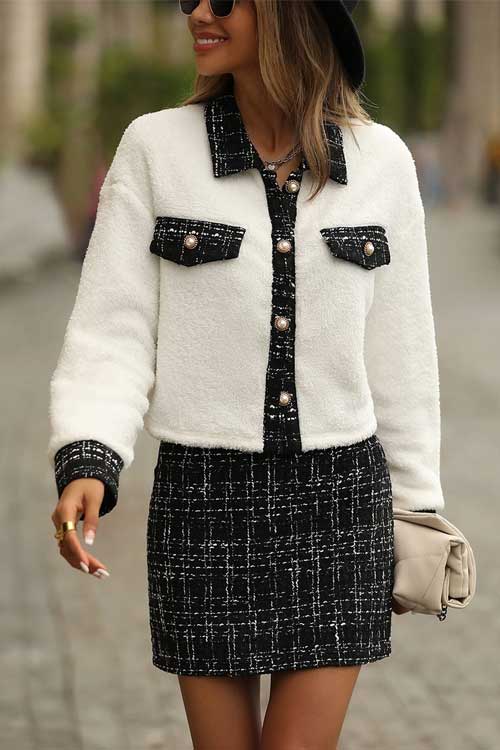
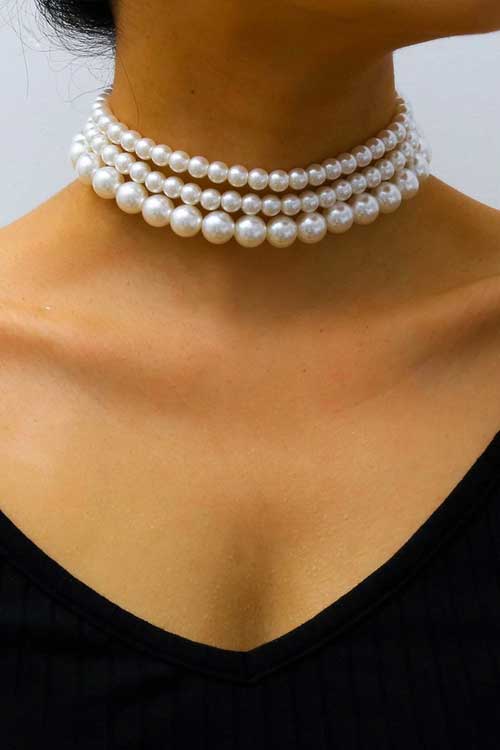
14. Women’s Office Fashion
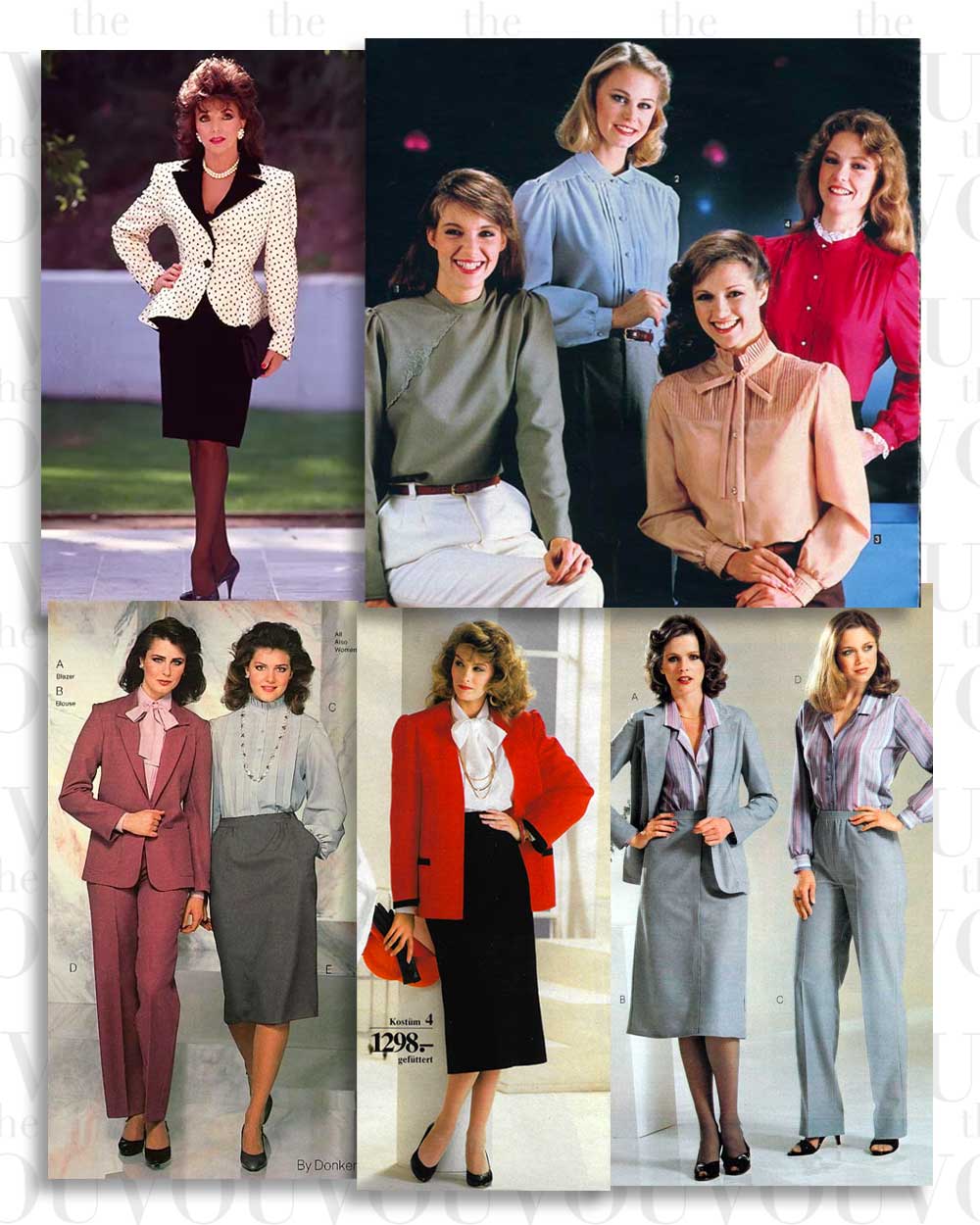
Some of the most famous women’s 80s office outfits revolved around power dressing, a style characterized by sharp, tailored suits with large shoulder pads to confer a feeling of authority.
Another iconic 80s office look was the “Working Girl” style, featuring pencil skirts and high heels styled with blazers.
The power suit and working girl styles were matched with silk blouses, pump shoes, oversized eyewear, and pearl accessories.
SHOP THE LOOK
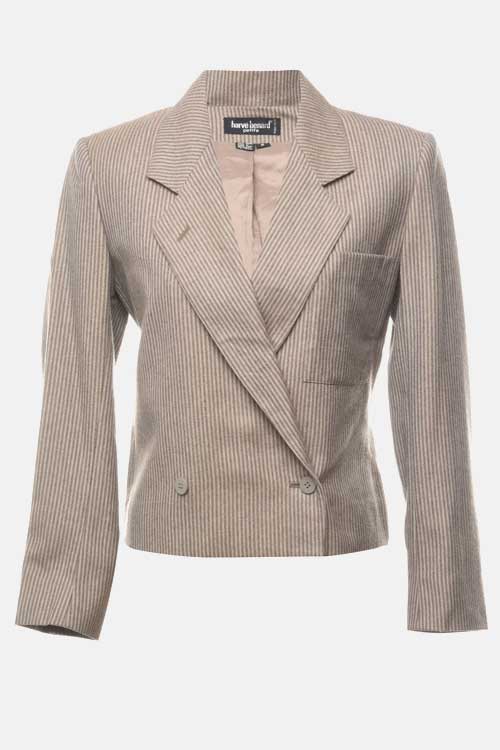
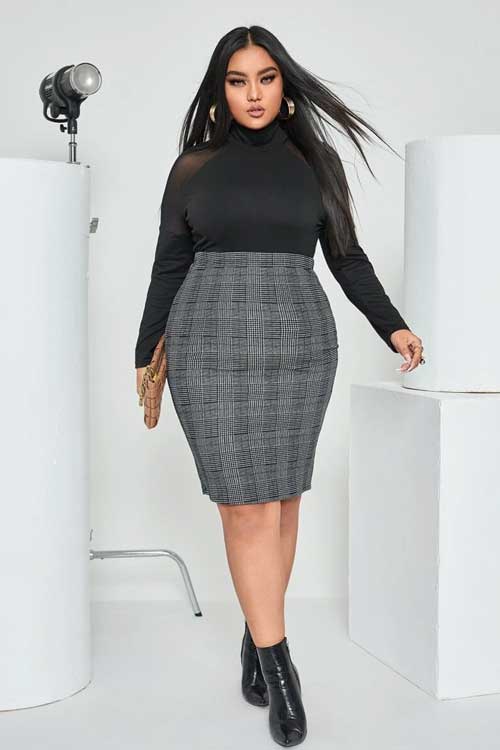
Women’s 80s Fashion FAQs
What Did Ladies Wear in the 80s?
Popular clothing for ladies in the 80s included sweaters, turtlenecks, crew necks, and v-necks. Fur-lined puffer jackets, tunics, faux-fur coats, velvet blazers, and trench coats made from fake or real leather were also in vogue.
Crop tops, tube tops, knee-length skirts, loose and flowy knee-length dresses with high or low-cut necklines, and various sleeve lengths made of cotton, silk, satin, and polyester were also popular.
High-waisted loose pants, embroidered jeans, leather pants, and designer jeans were also fashionable, but by 1982 flared jeans had been replaced by straight-leg trousers while cropped pants, pedal-pushers, and Capri pants, popularized during the late 1970s, were still in fashion.
How to Dress Like The 80s Female?
To dress like a female of the 80s with everyday clothes, you’ll have to use some of the decades’ staple styles:
- Clothes in bright neon colors with leg warmers
- Suit jackets and blazers with oversized shoulders – or bulky sweaters
- Off-the-shoulder tops with mini skirts and fingerless gloves
- Acid-washed ripped jeans with denim jackets
- Tight-to-the-body spandex and lycra athletic clothes
- Tracksuits with large chains and hats to create an 80s hip-hop style
What Was Popular Fashion In The 80s?
There were several popular clothing styles in the 1980s, and these are the decade’s most popular fashion styles:
- Power dressing: Strong, boxy blazers with exaggerated shoulder pads and high-waisted trousers.
- Neon colors: Clothes in bright and bold neon colors, such as pink, green, yellow, and orange.
- Leg warmers: Leg warmers paired with mini skirts and short Dolphin shorts.
- Acid-washed denim: jackets, shorts, and skirts.
- Mini skirts: Mini skirts worn with tights, leggings, fishnets, and fingerless gloves.
- Tracksuits: Colorful tracksuits with sneakers, large chains, and brimmed hats.
Conclusion
In conclusion, women’s fashion in the 80s comprised a beautiful mixture of freedom and rebellious choices, intending to create a statement and stand out.
Most women’s fashion looks in the 80s were characterized by Power Dressing styles in masculine cuts and oversized shoulders.
The Rocker Chick look – defined by distressed jeans and biker jackets with short skirts and bright neon hues – was also super popular.
Moreover, all 80s fashion styles for women were heavily accessorized with chunky jewelry, oversized sunglasses, scrunchies, leg warmers in bright colors, fishnet tights, studs, and chains.
And, while you should feel free to mix and match patterns, colors, and accessories, remember to use this 80s fashion guide for women as a critical stylistic reference.
With the right attitude and inspiration, you can quickly become an 80s fashion icon!
And remember to share your 80s fashion looks with us on social media; we can’t wait to see your 80s fashion outfits.
Weekly Newsletter
Keep up with the latest in fashion, beauty and style!
Now it’s your turn…
Which one of these women’s 80s fashion looks is your favorite and why?
Which 80s fashion style for women do you think we’ve missed and should include in our next article update?
Please leave your comments below; we always appreciate them and use them to learn, improve, and update these articles.
Mandy Meyer
After years of managing hundreds of fashion brands from London’s office of a global retailer, Mandy has ventured into freelancing. Connected with several fashion retailers and media platforms in the US, Australia, and the UK, Mandy uses her expertise to consult for emerging fashion brands create top-notch content as an editorial strategist for several online publications.
